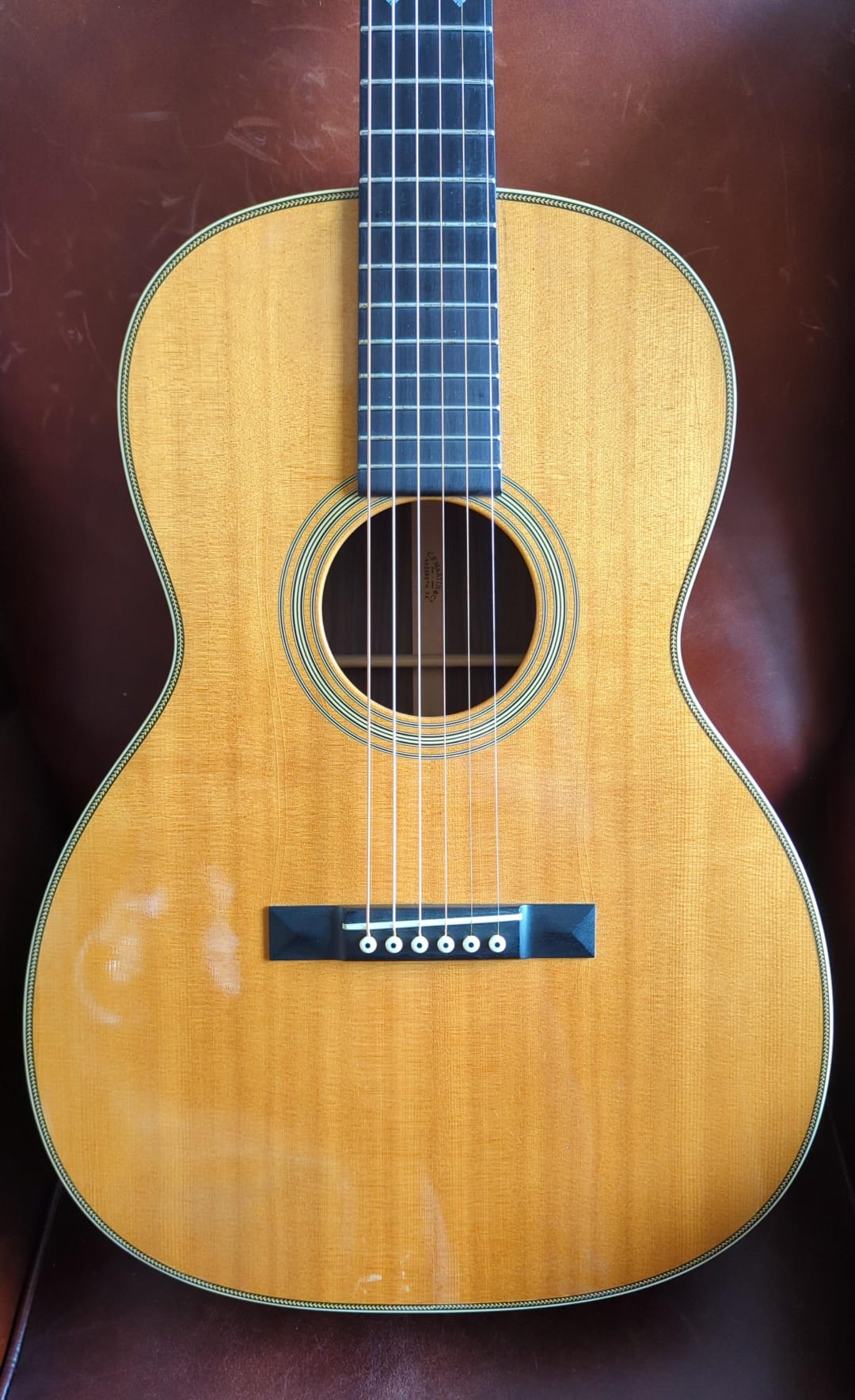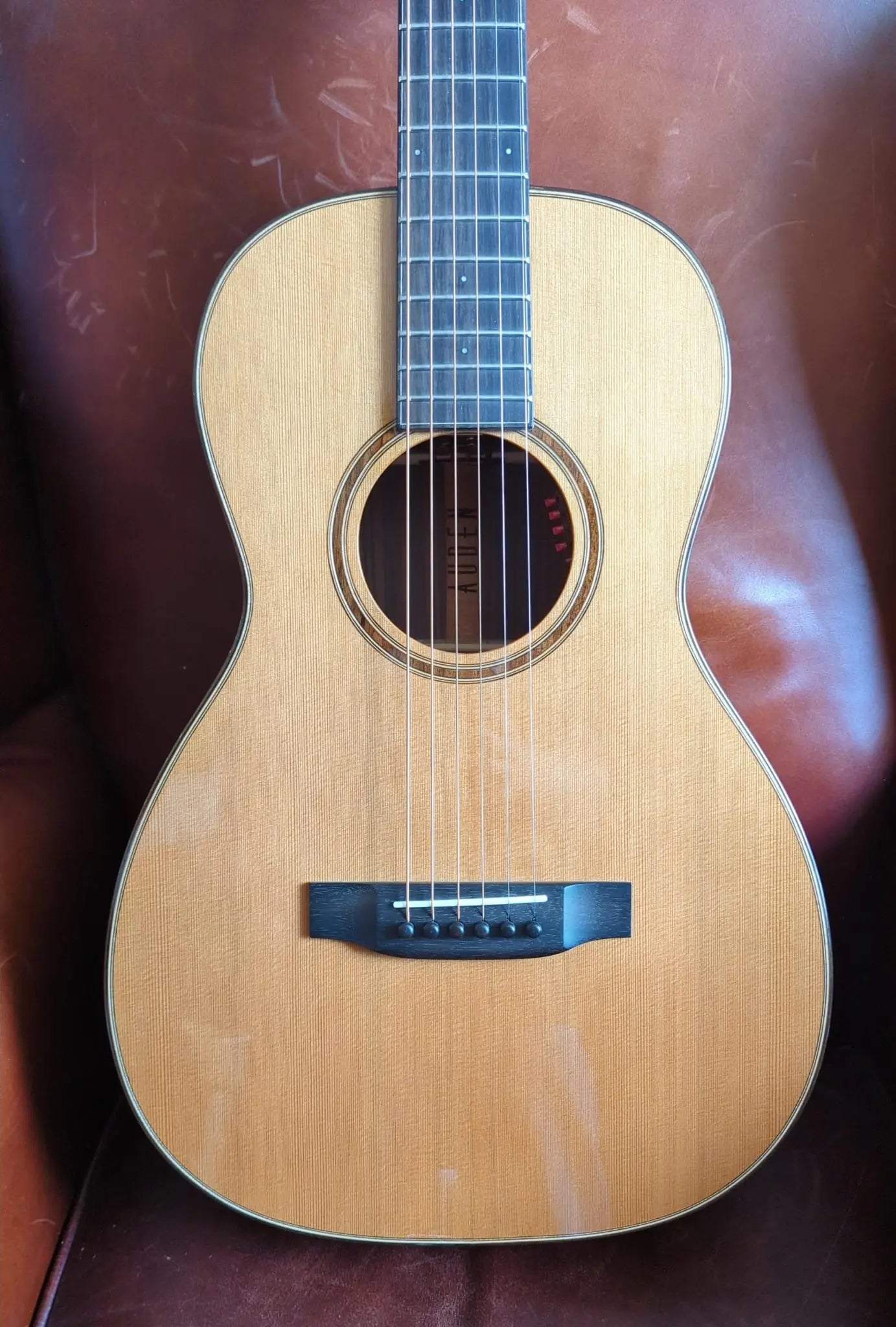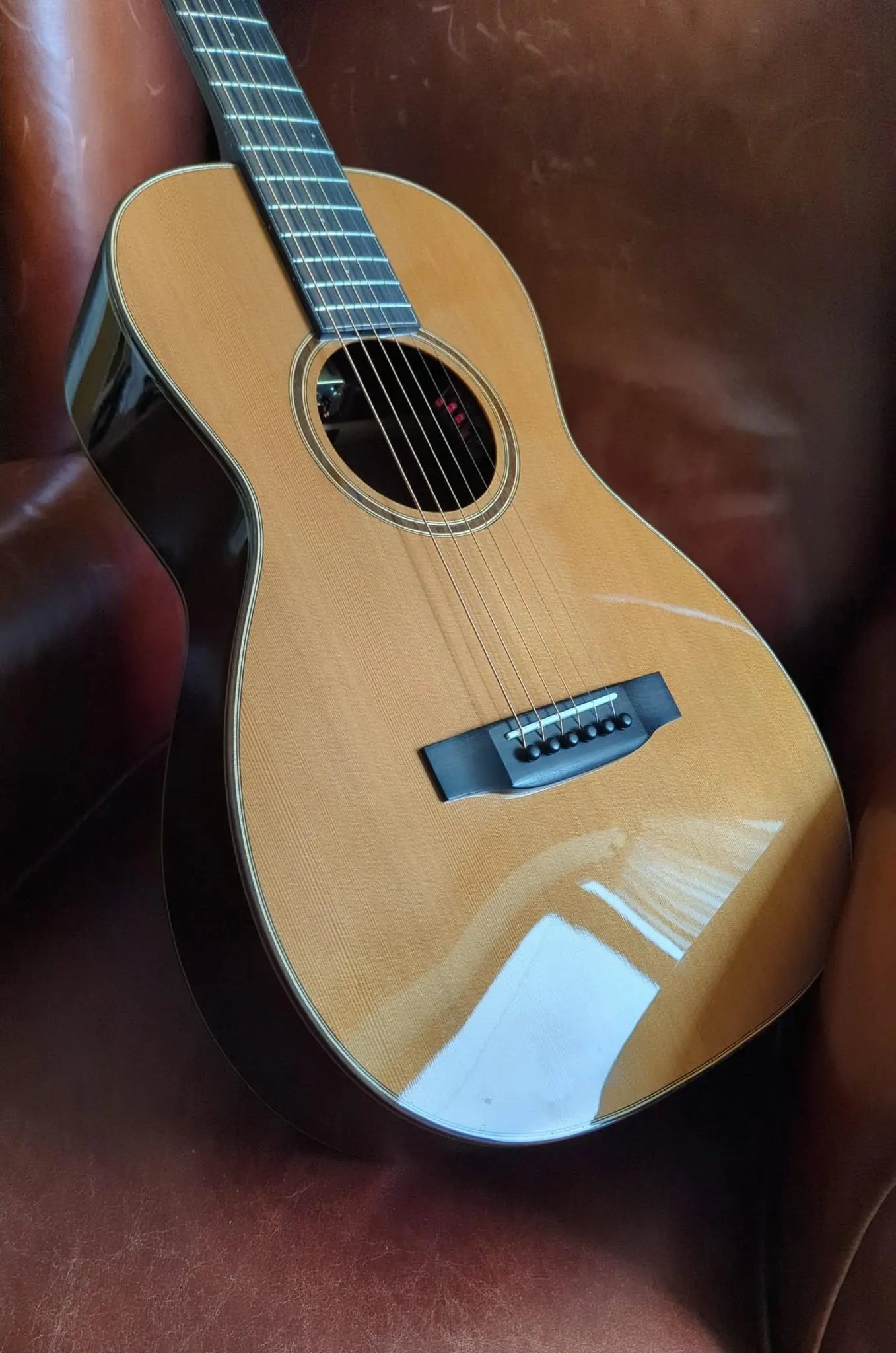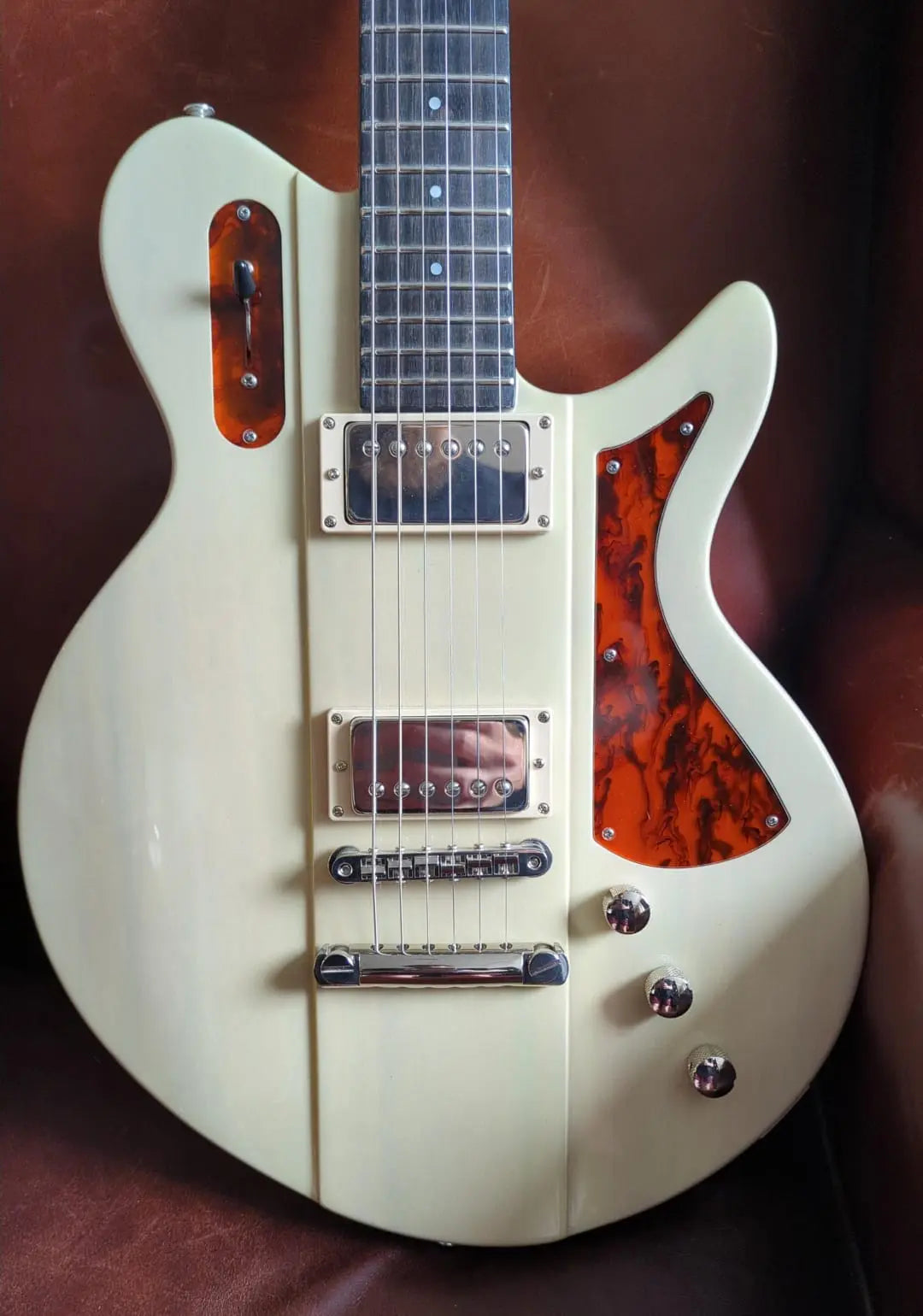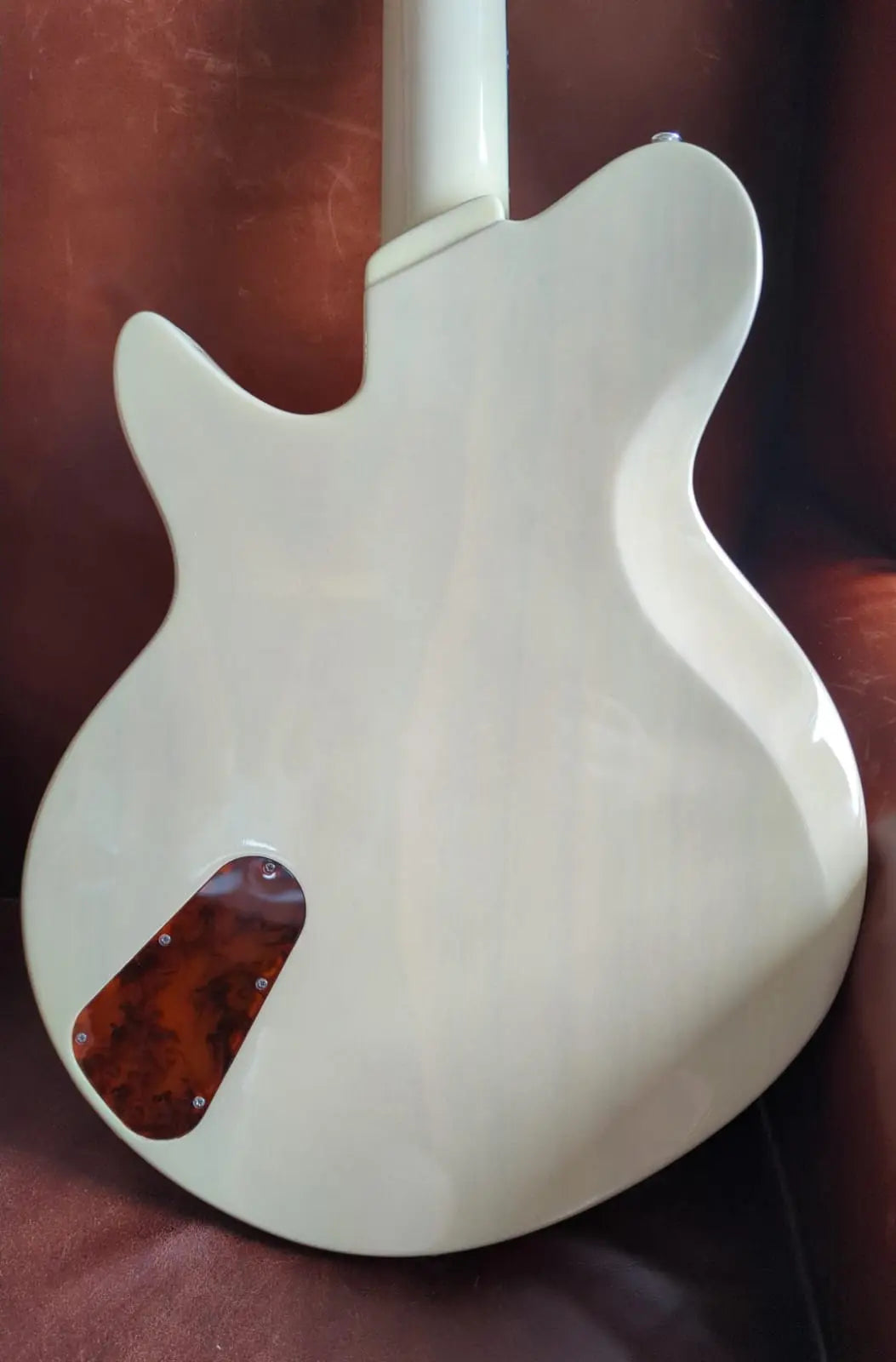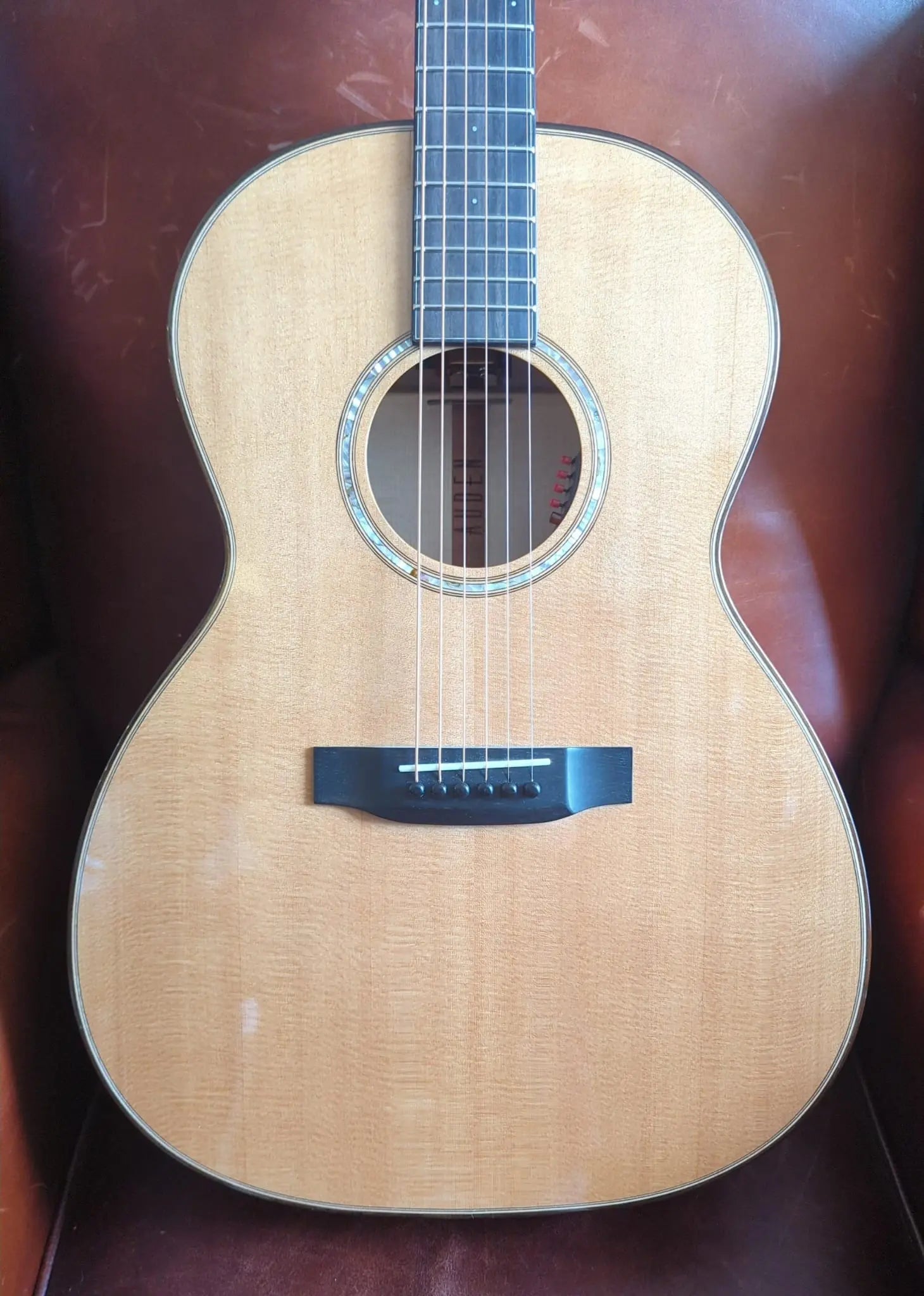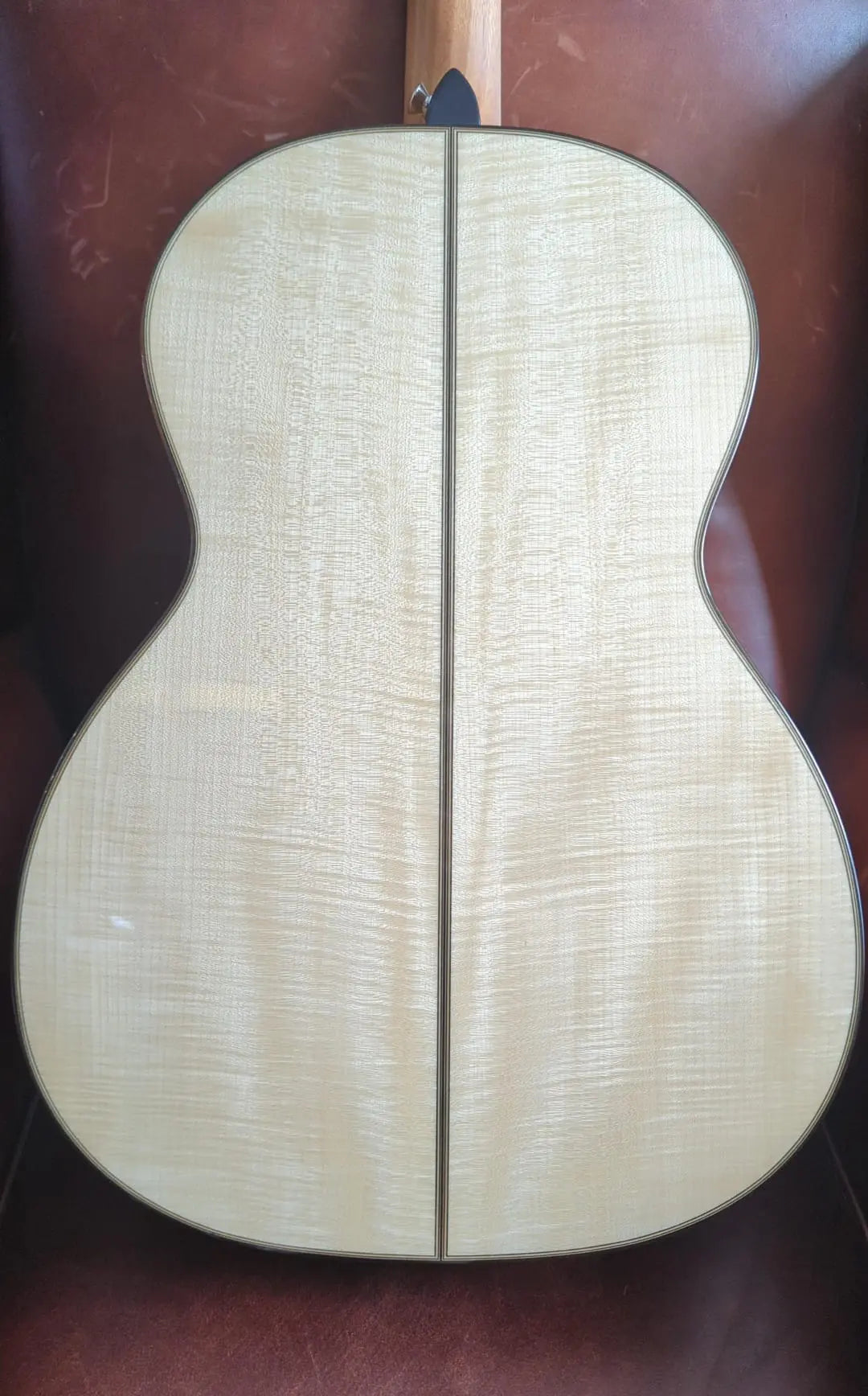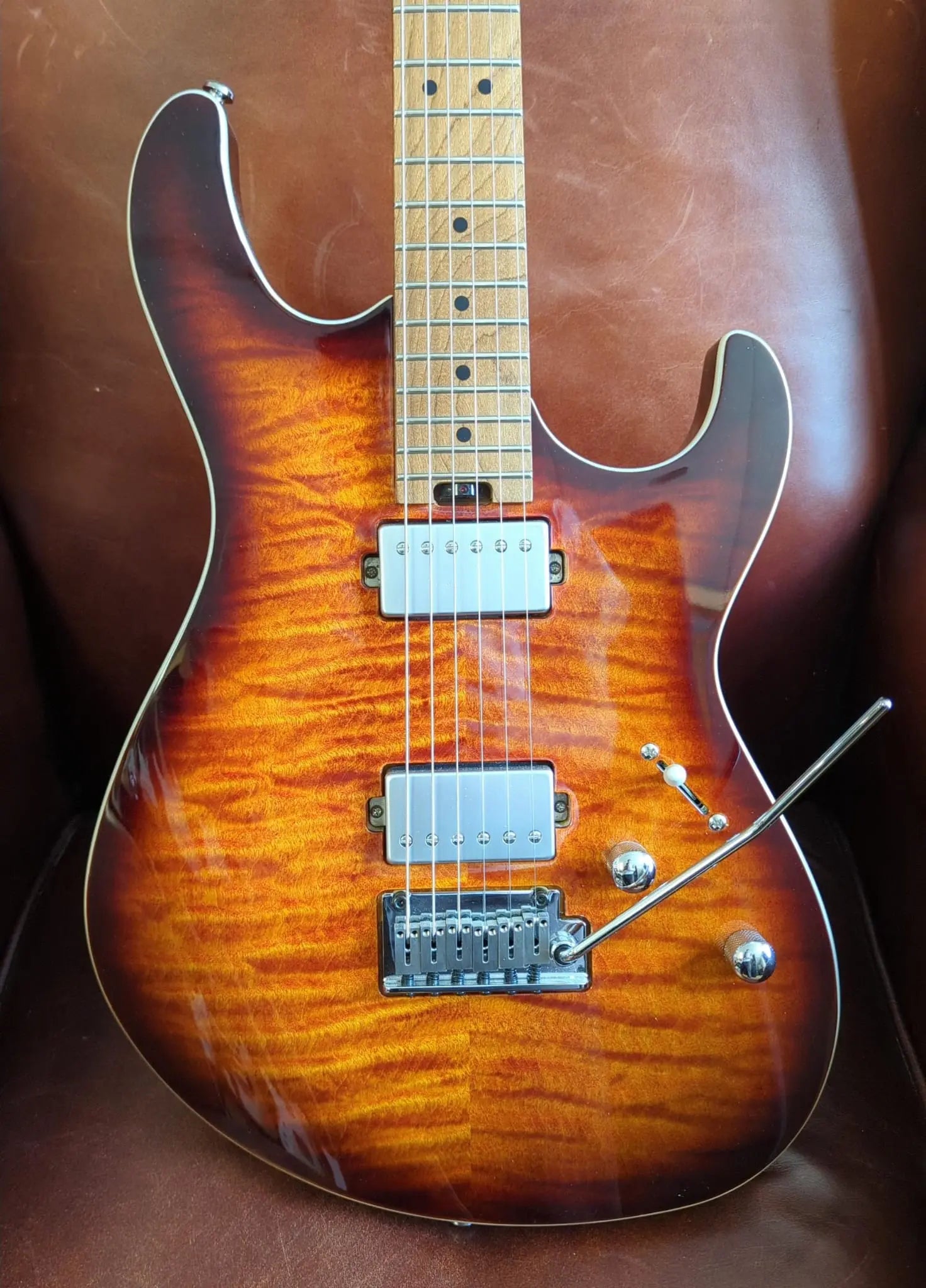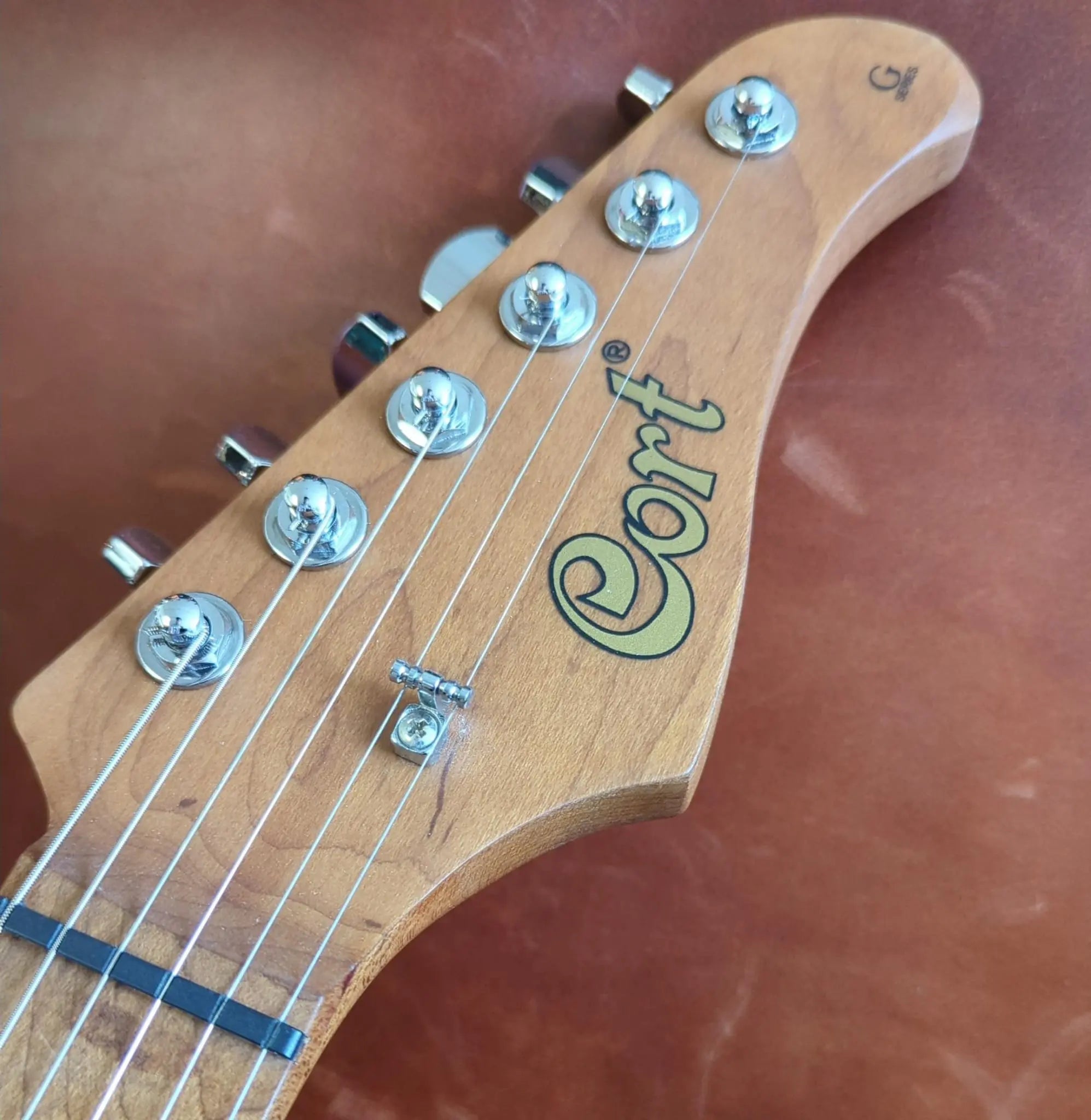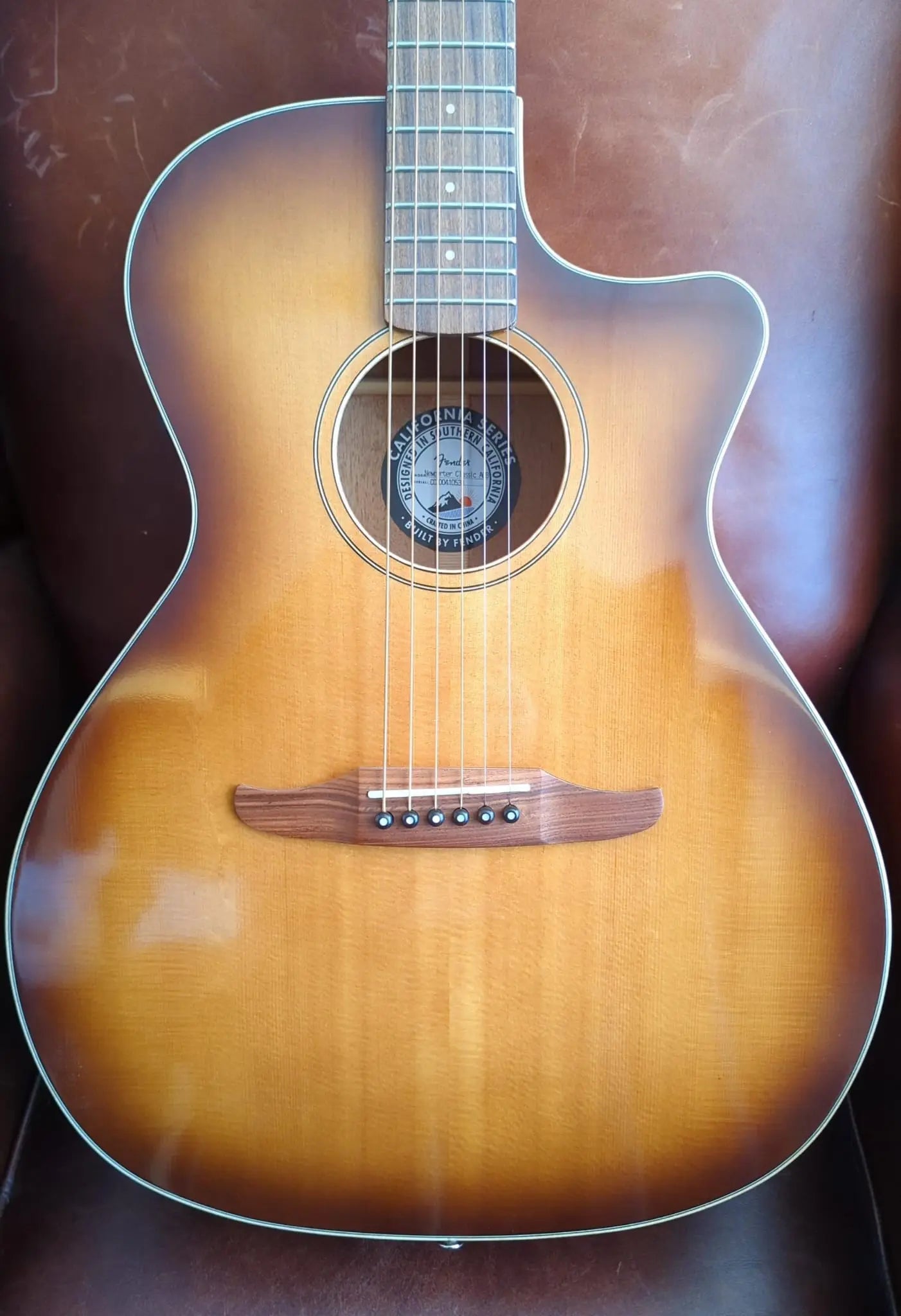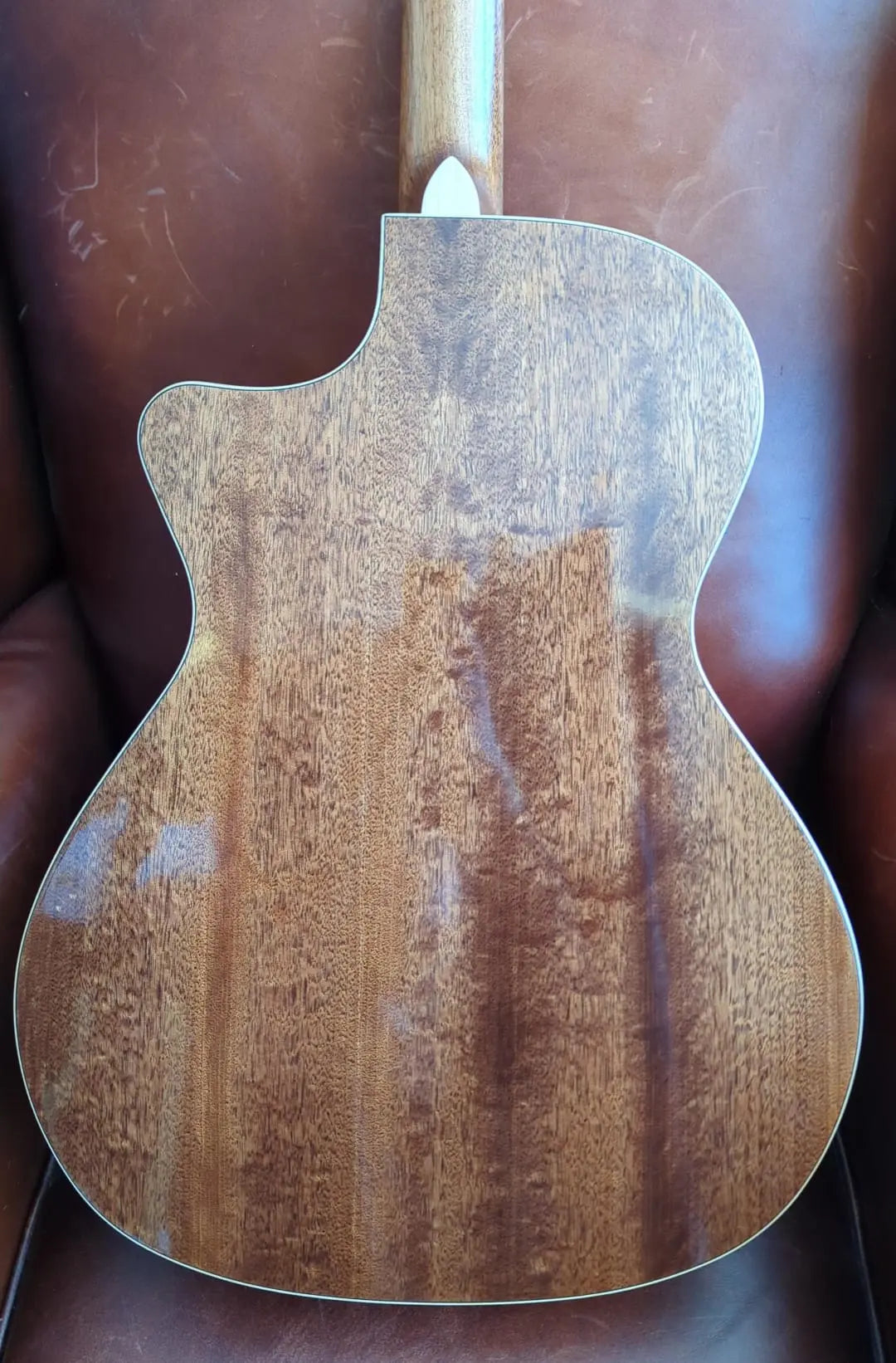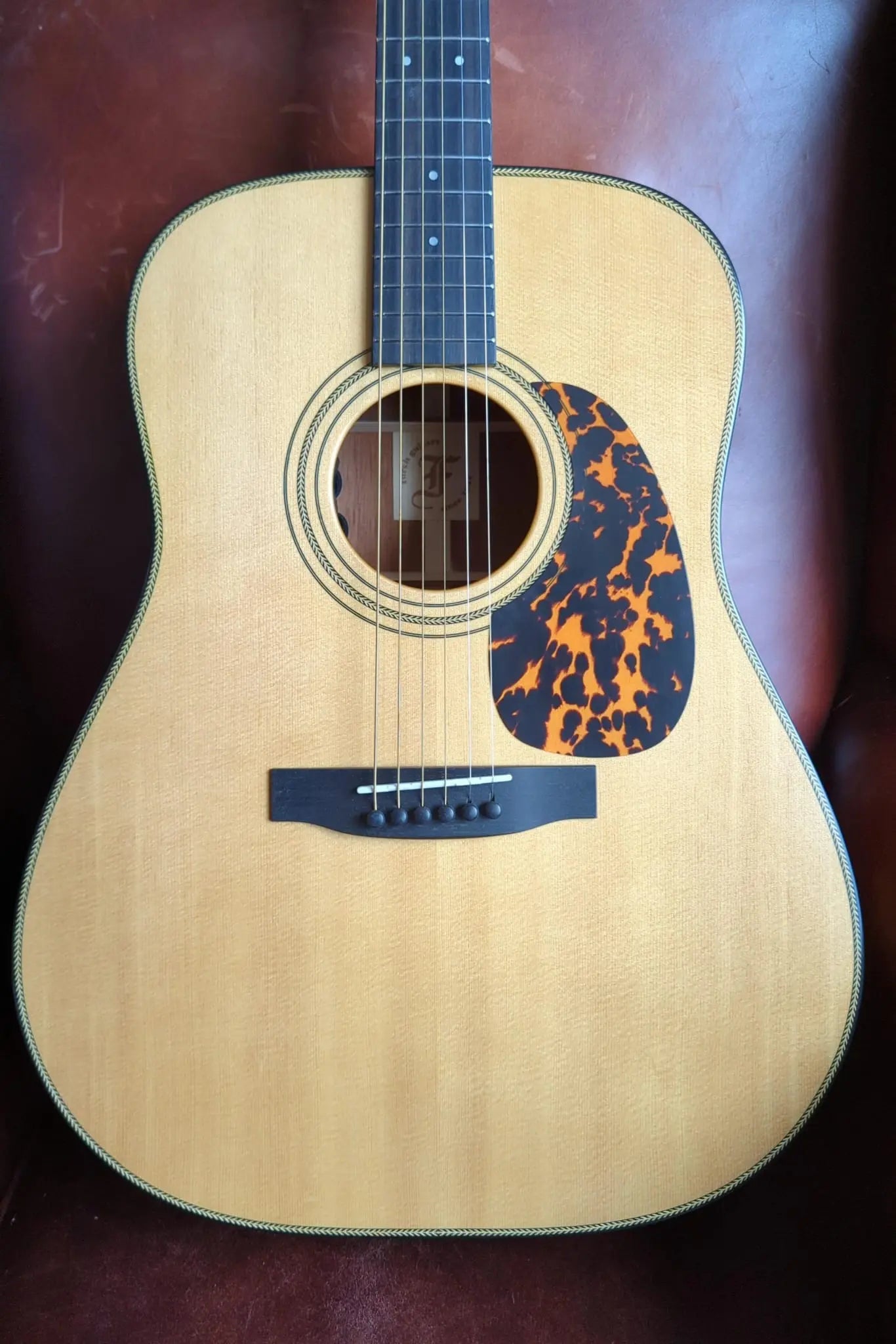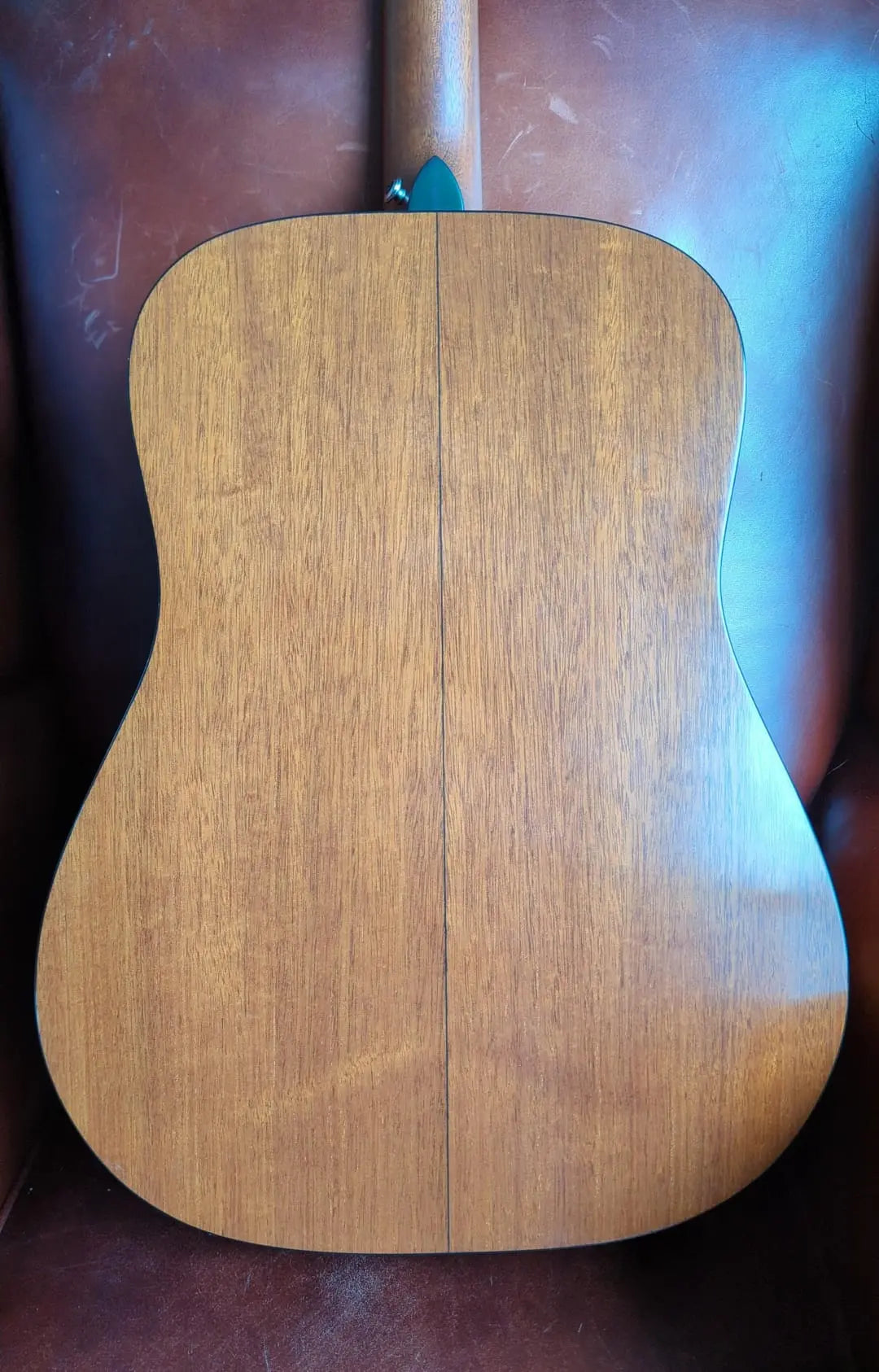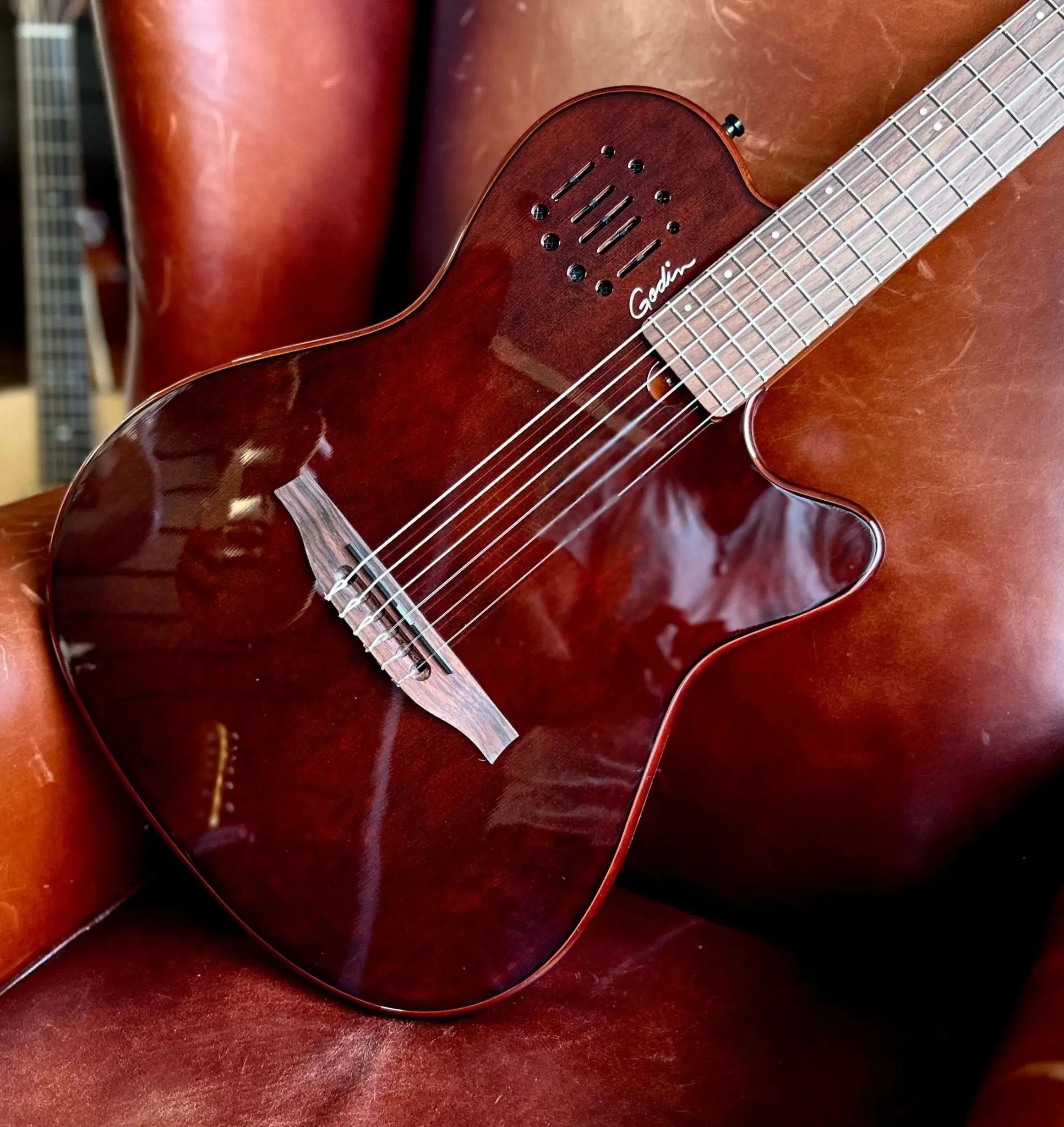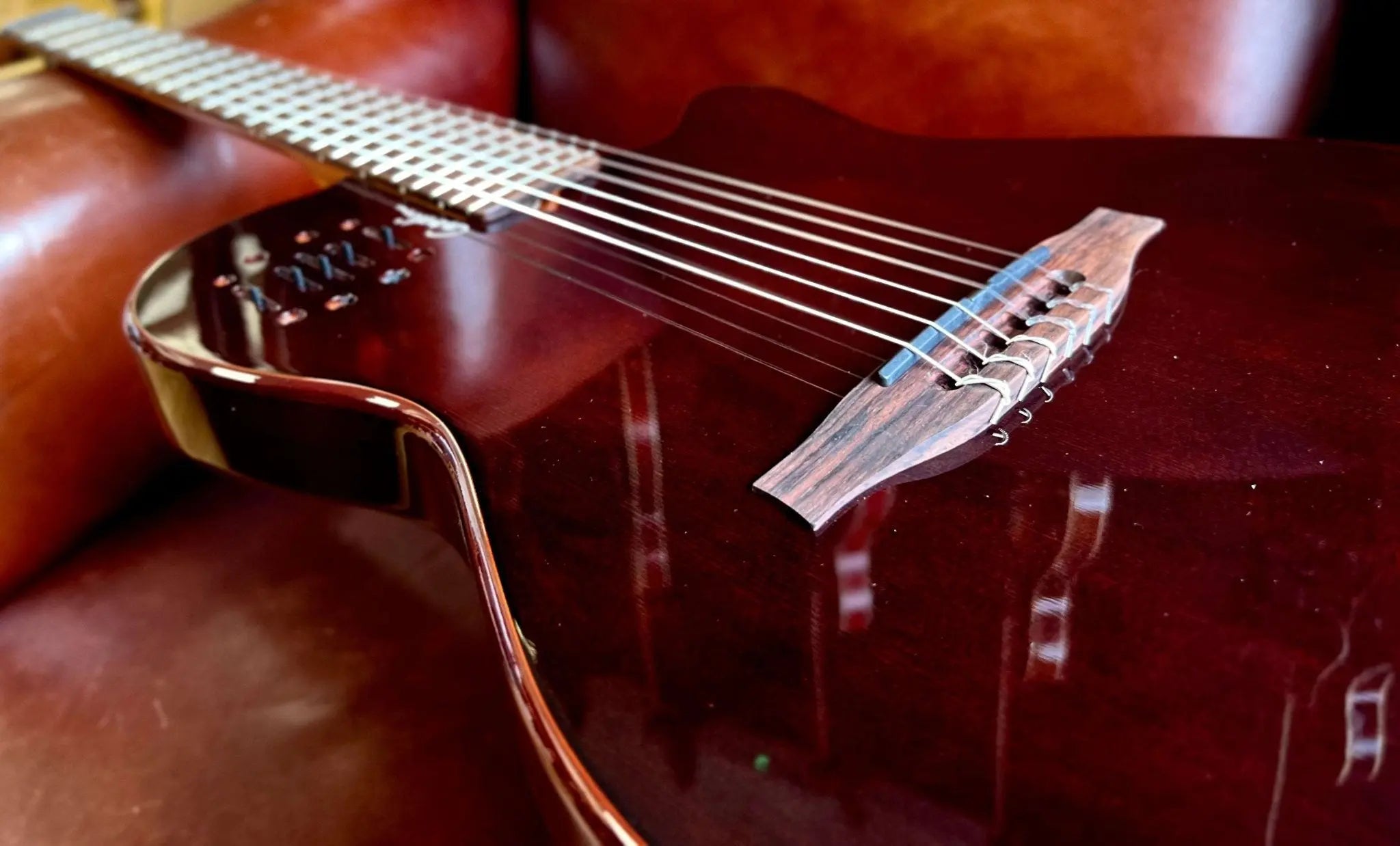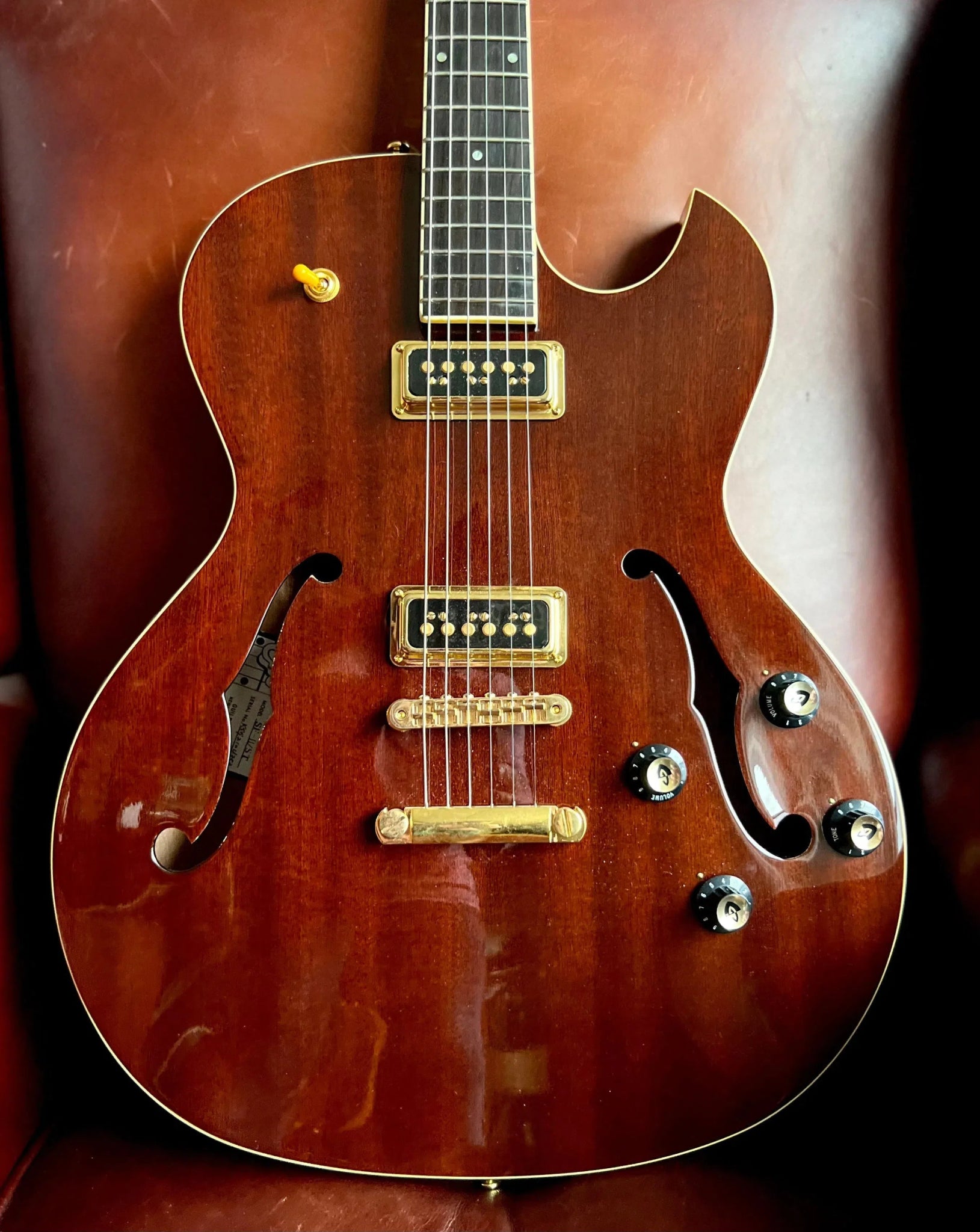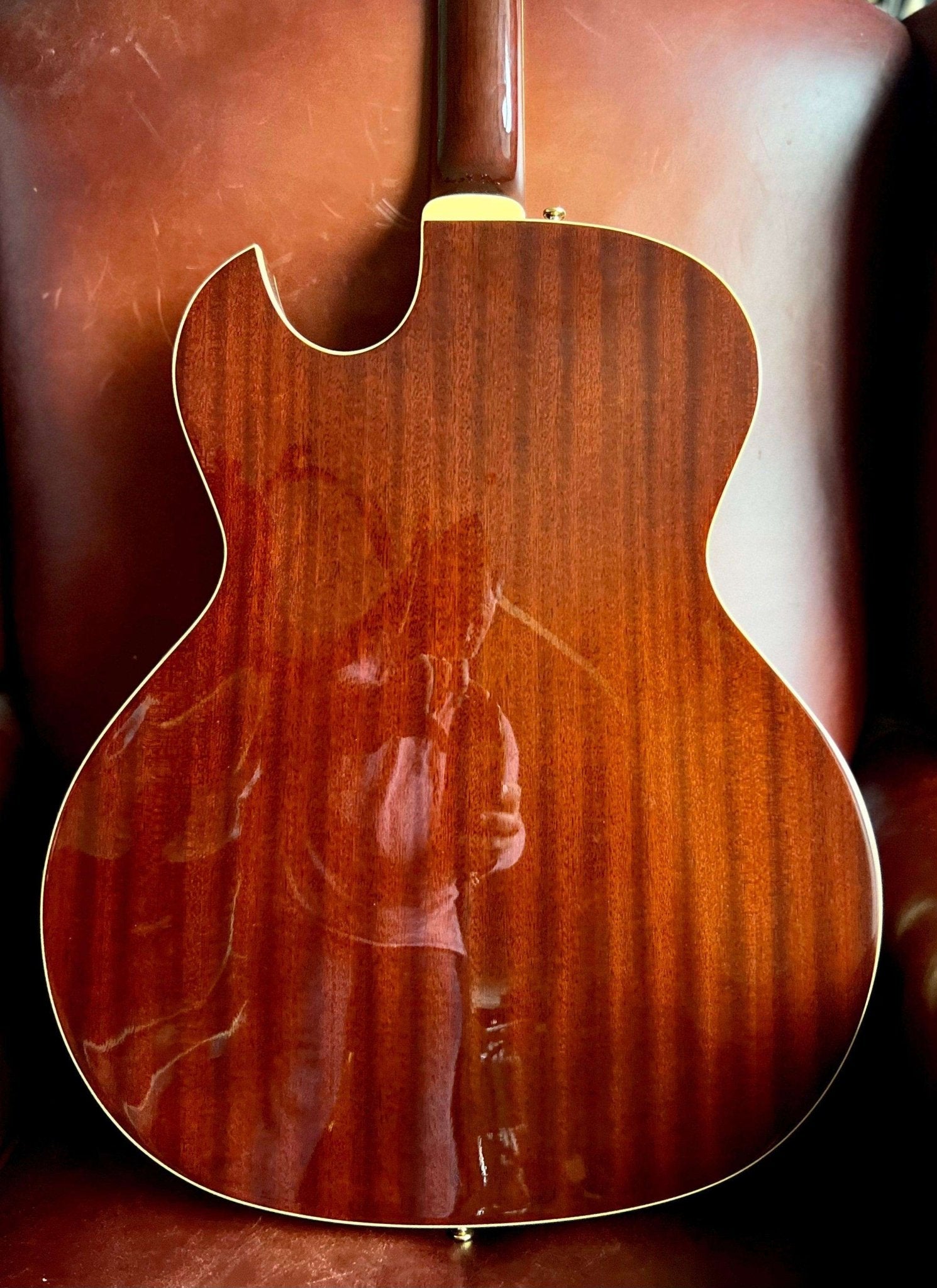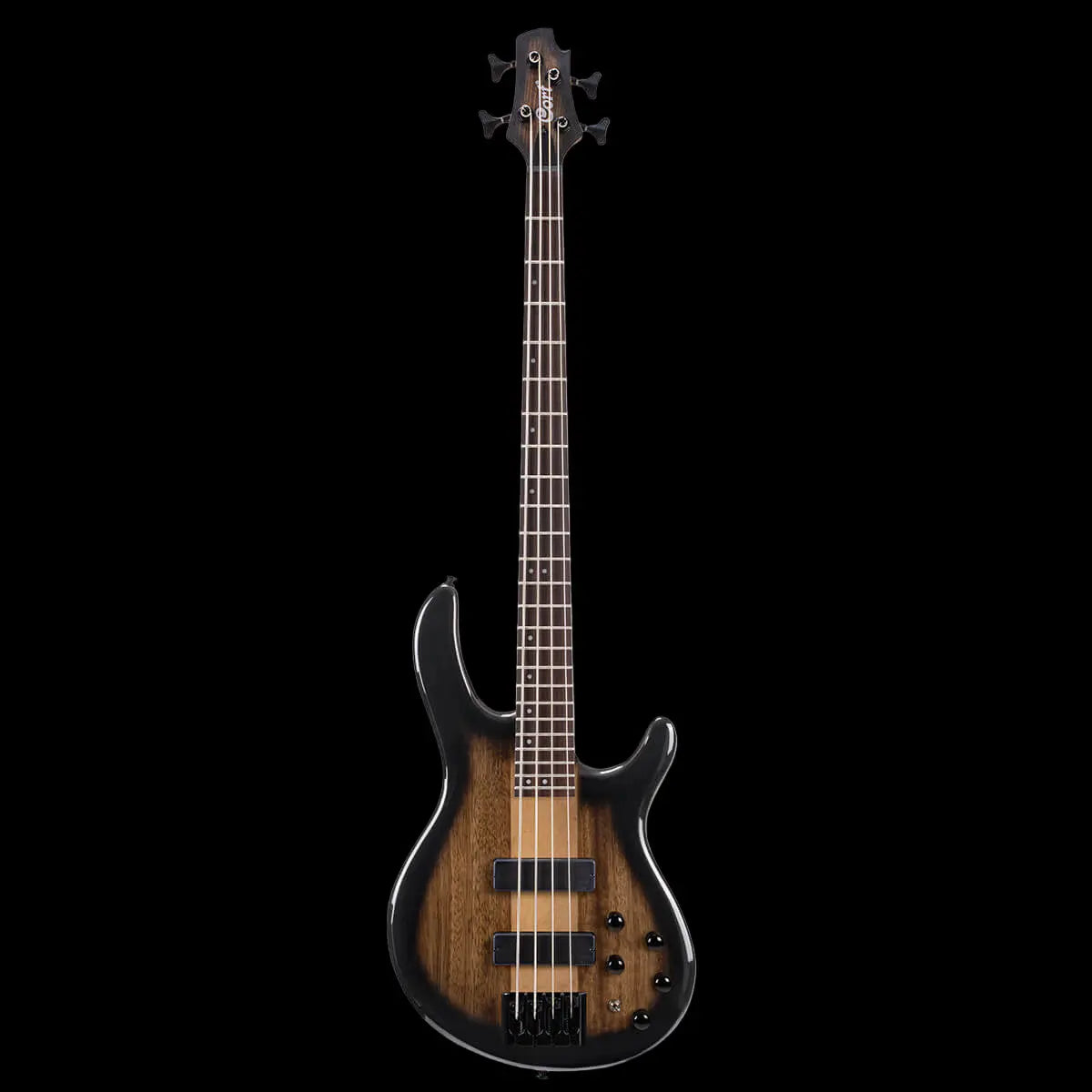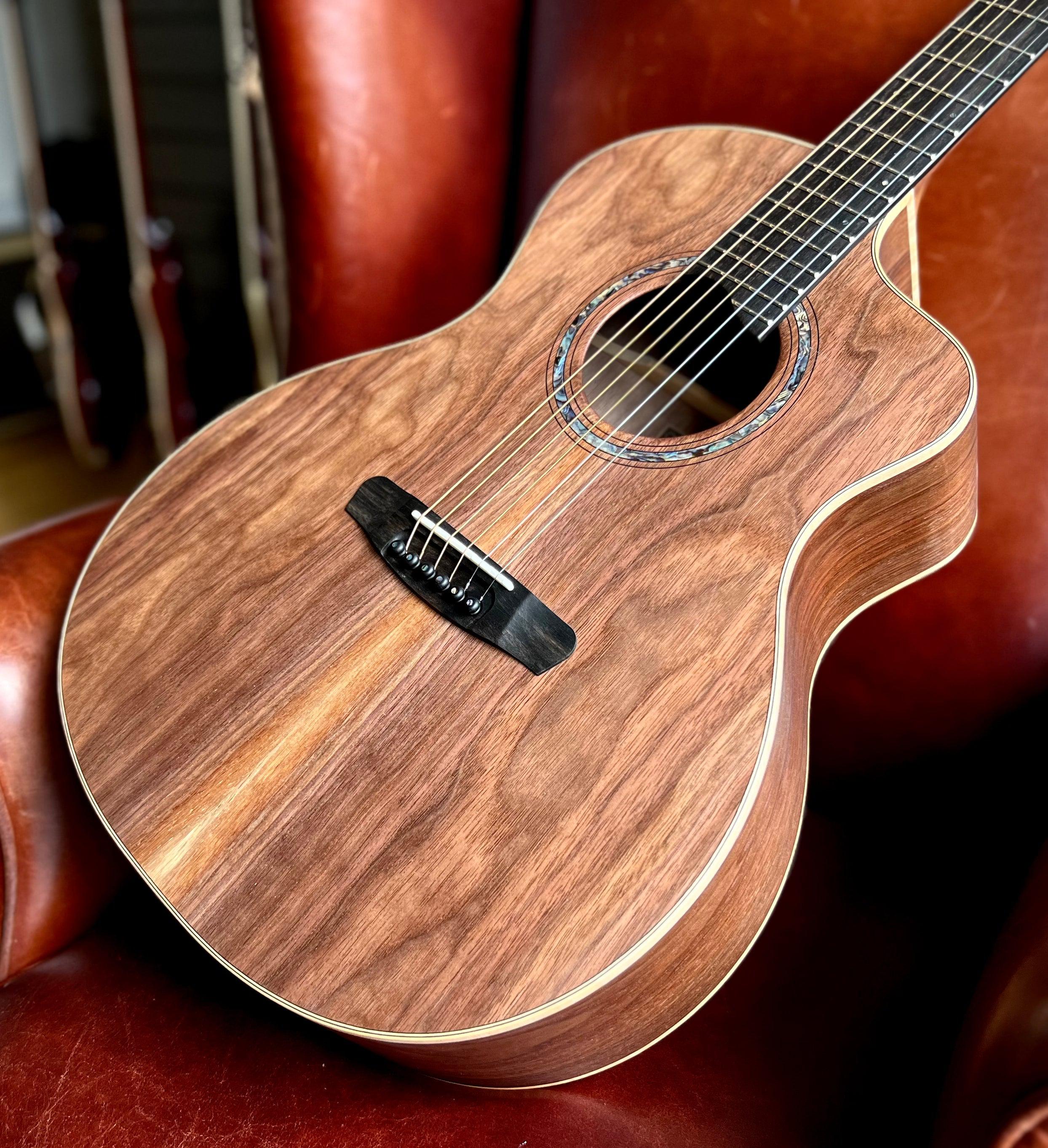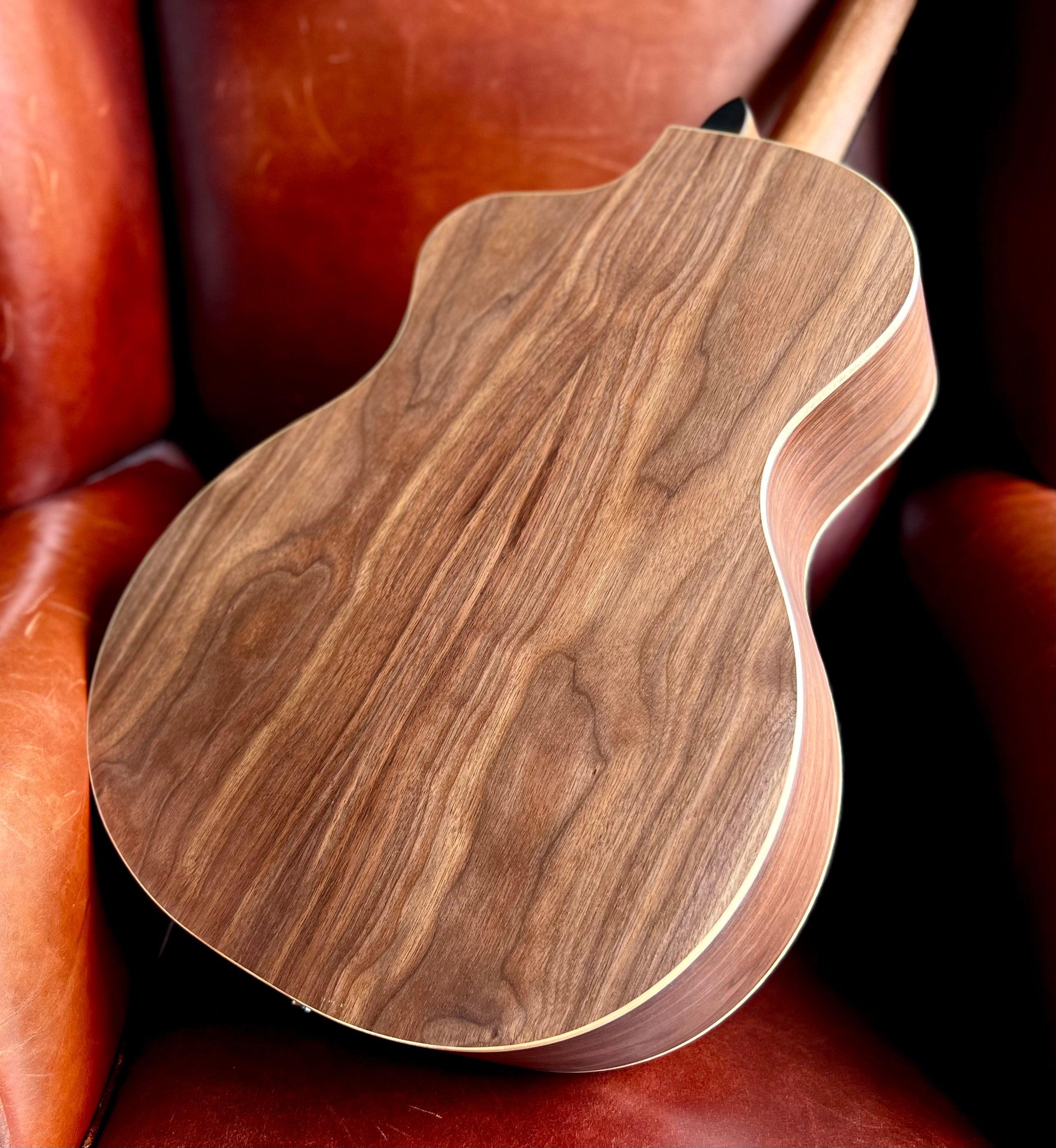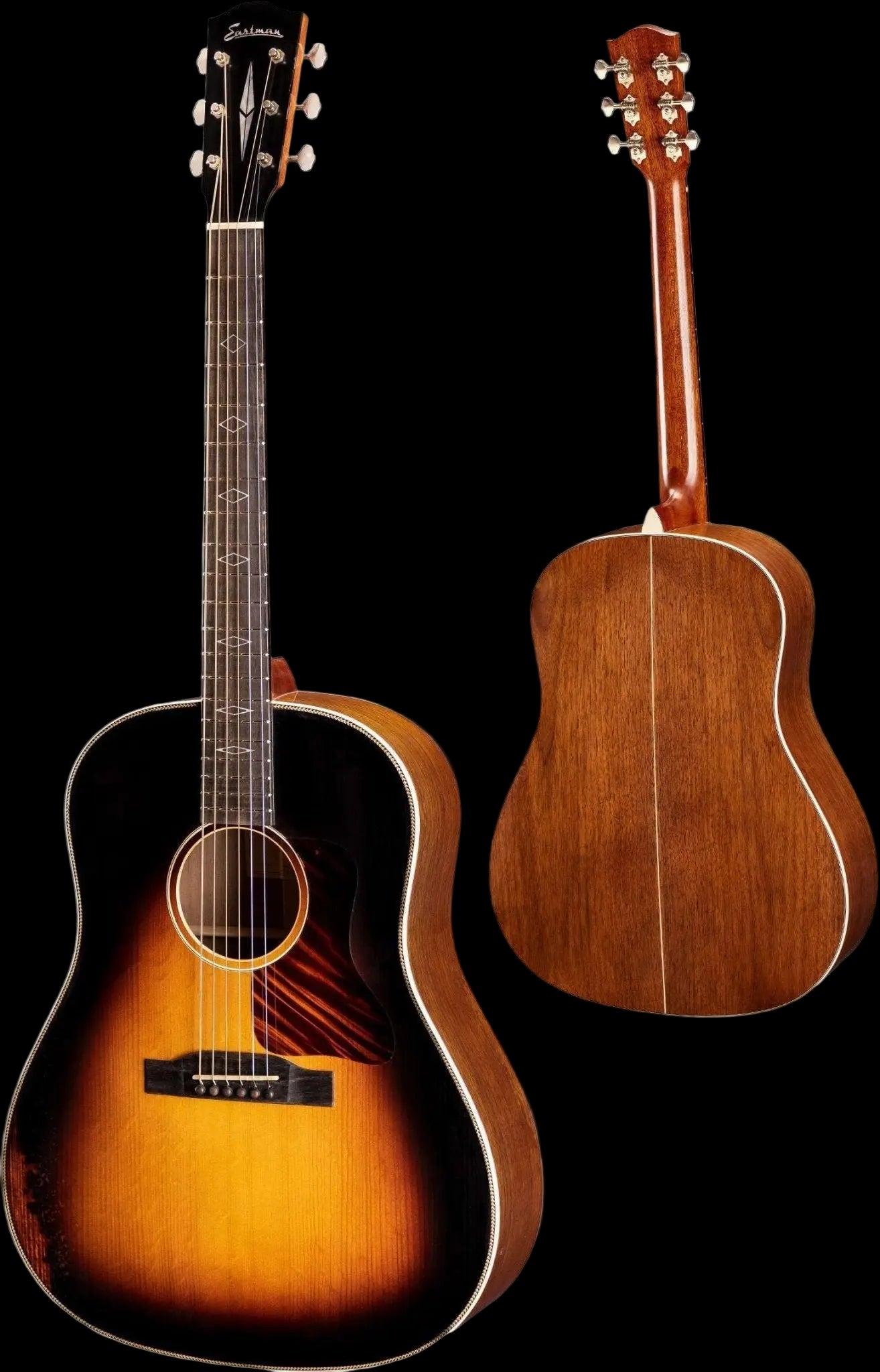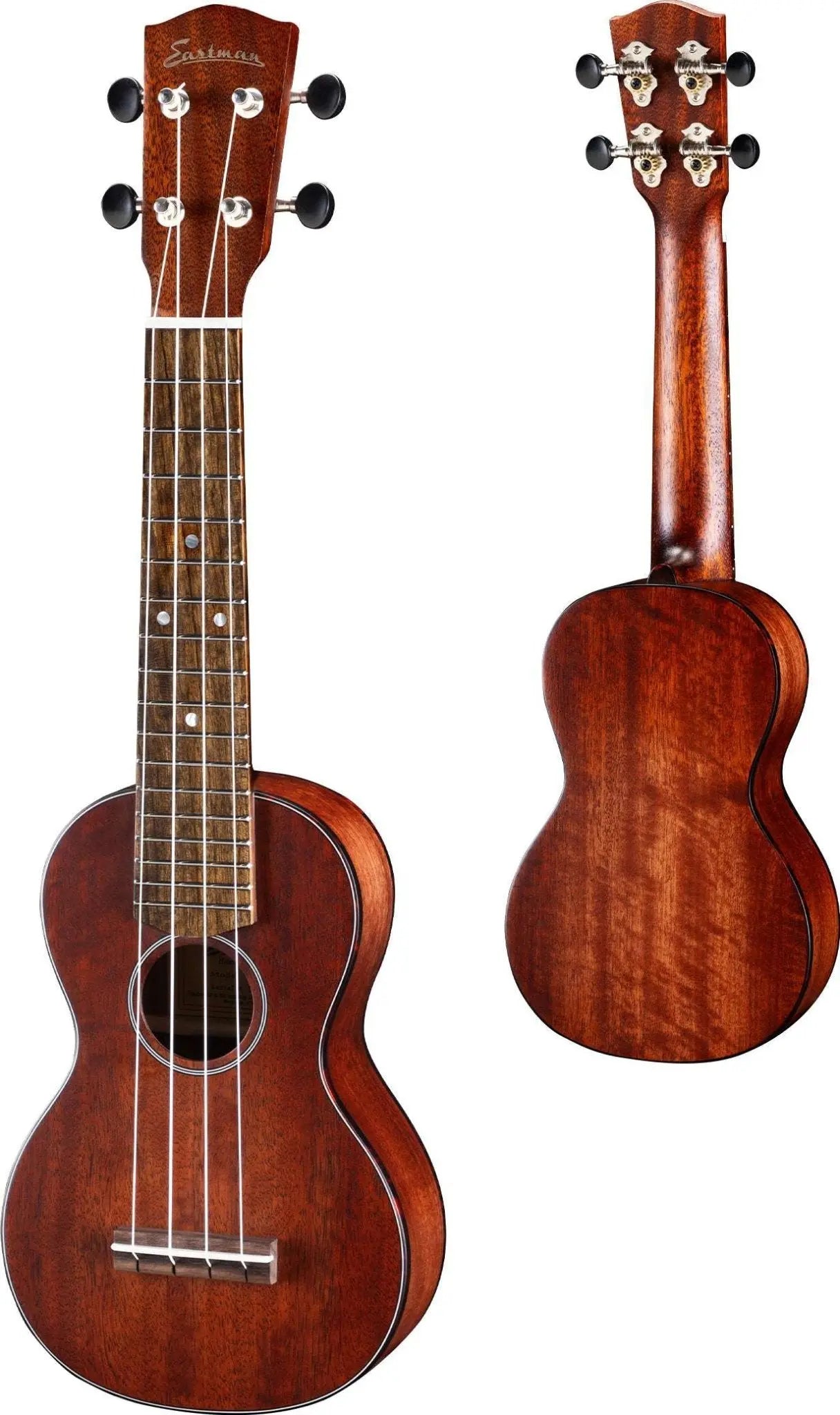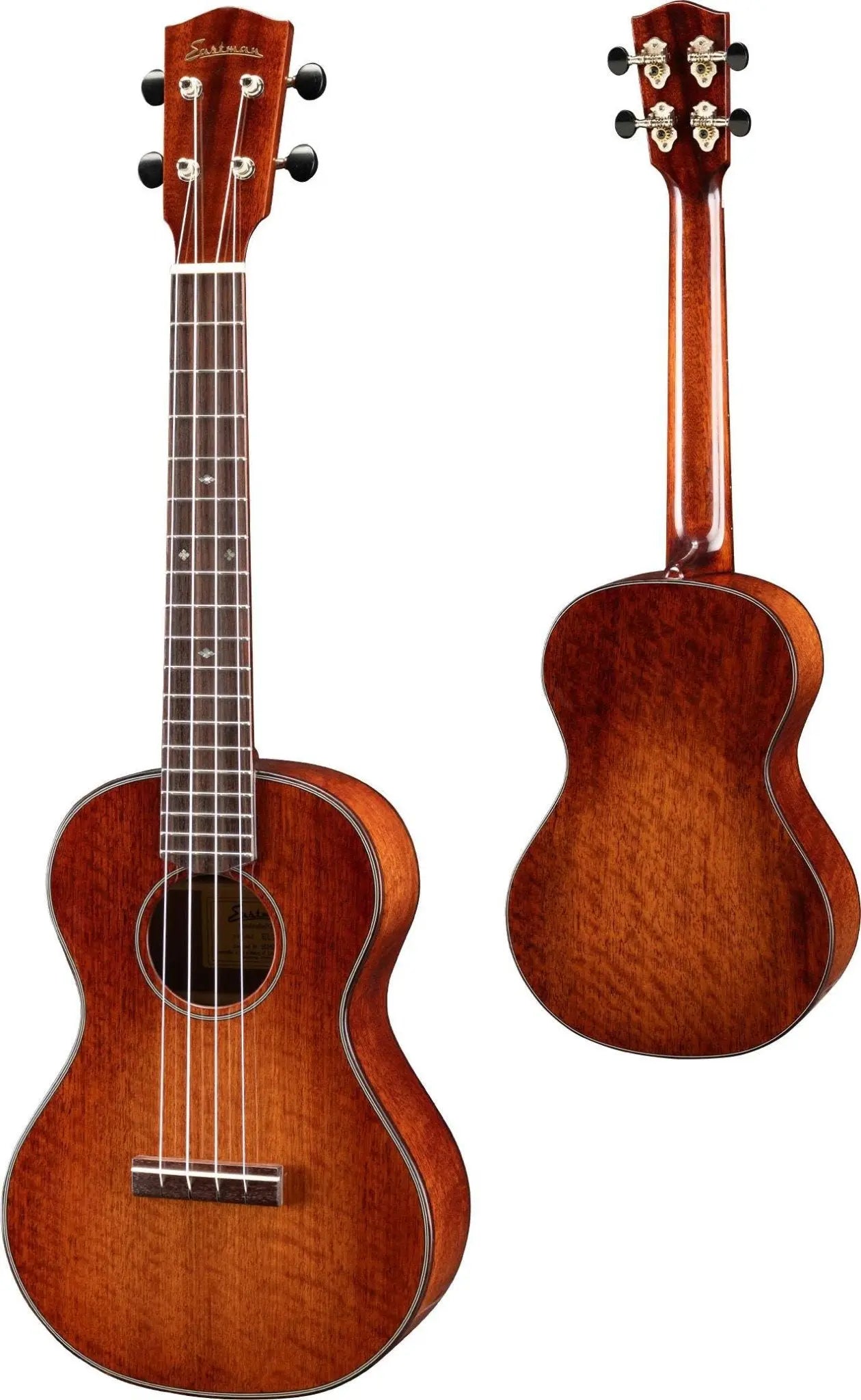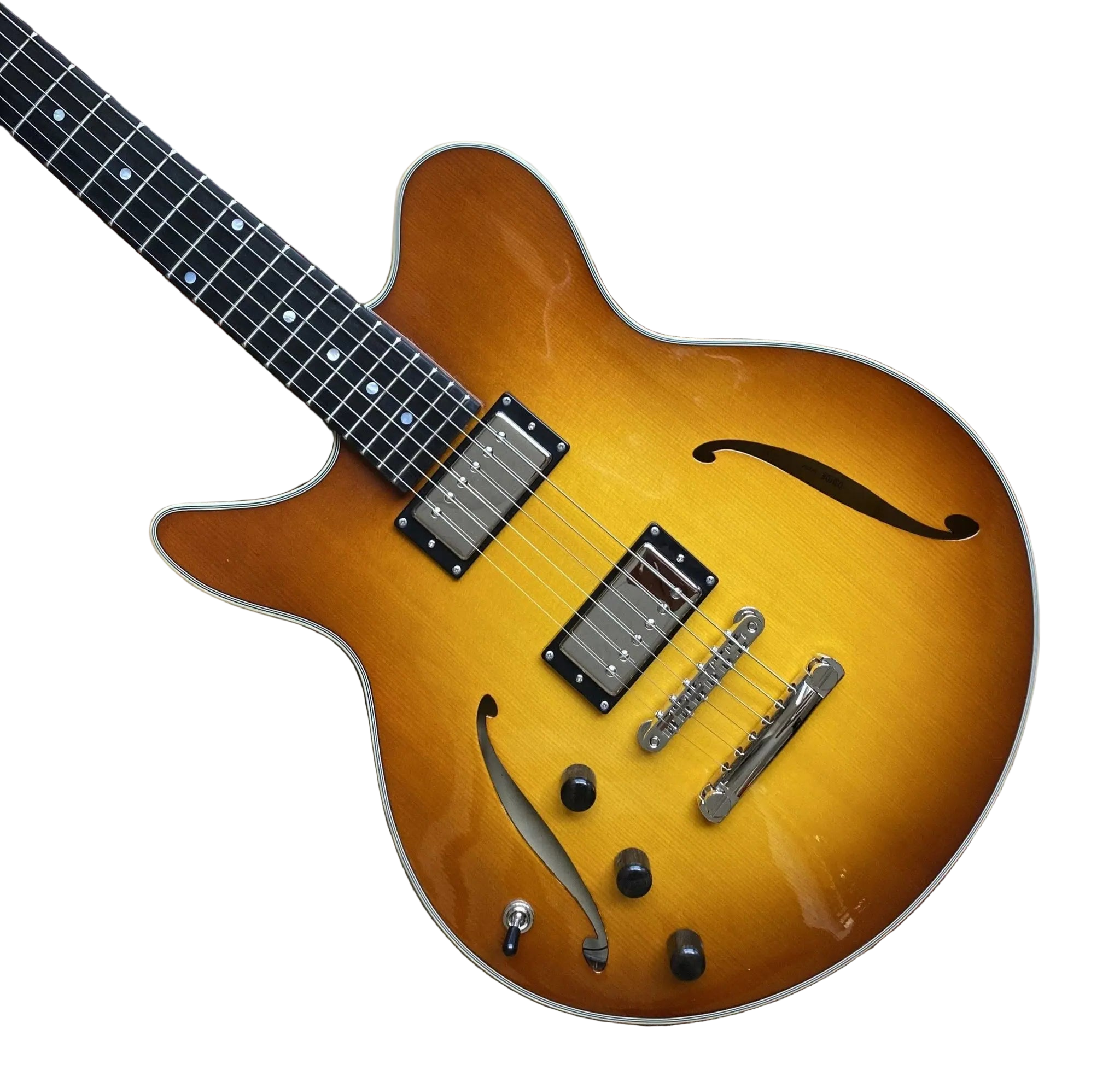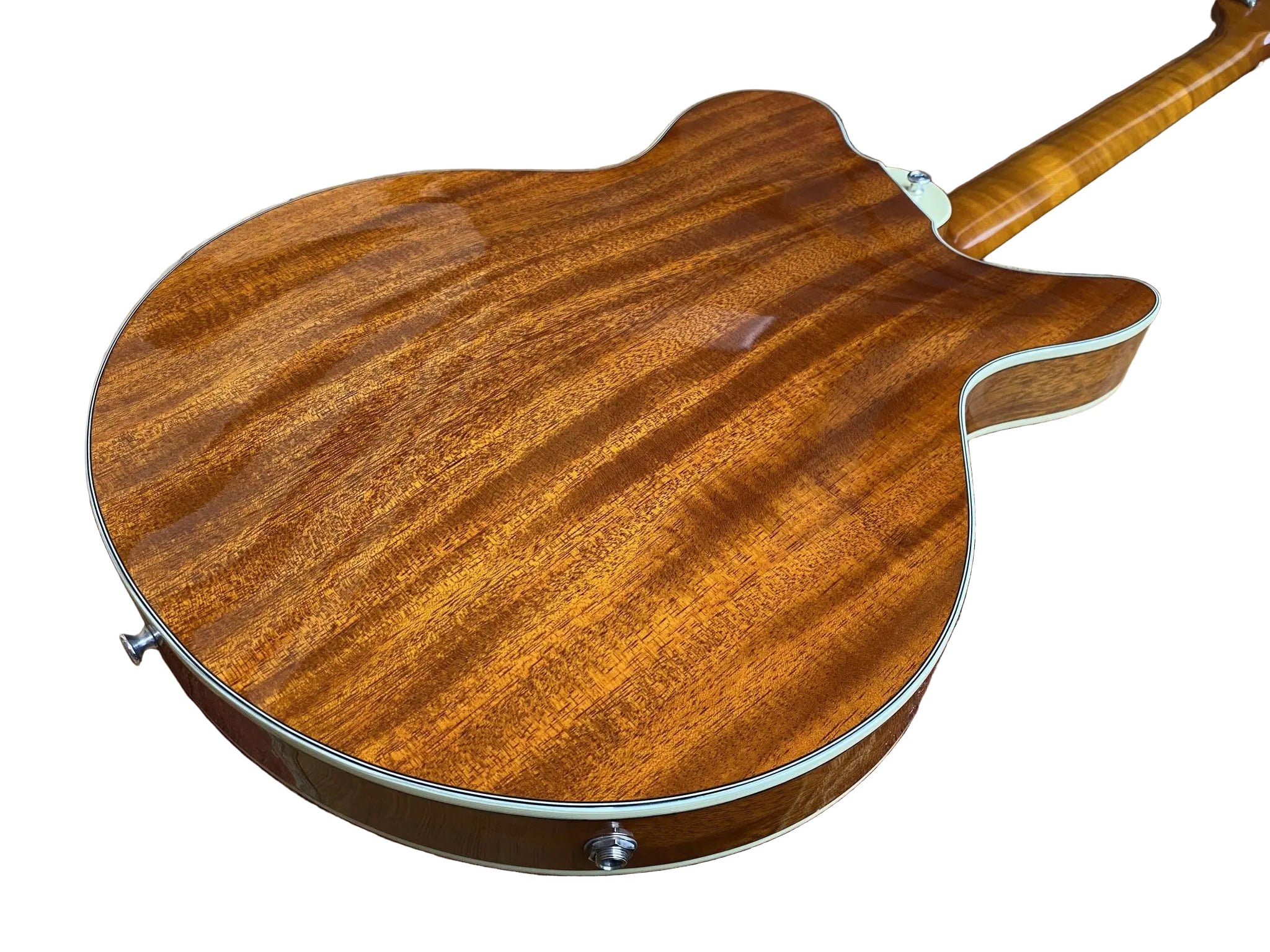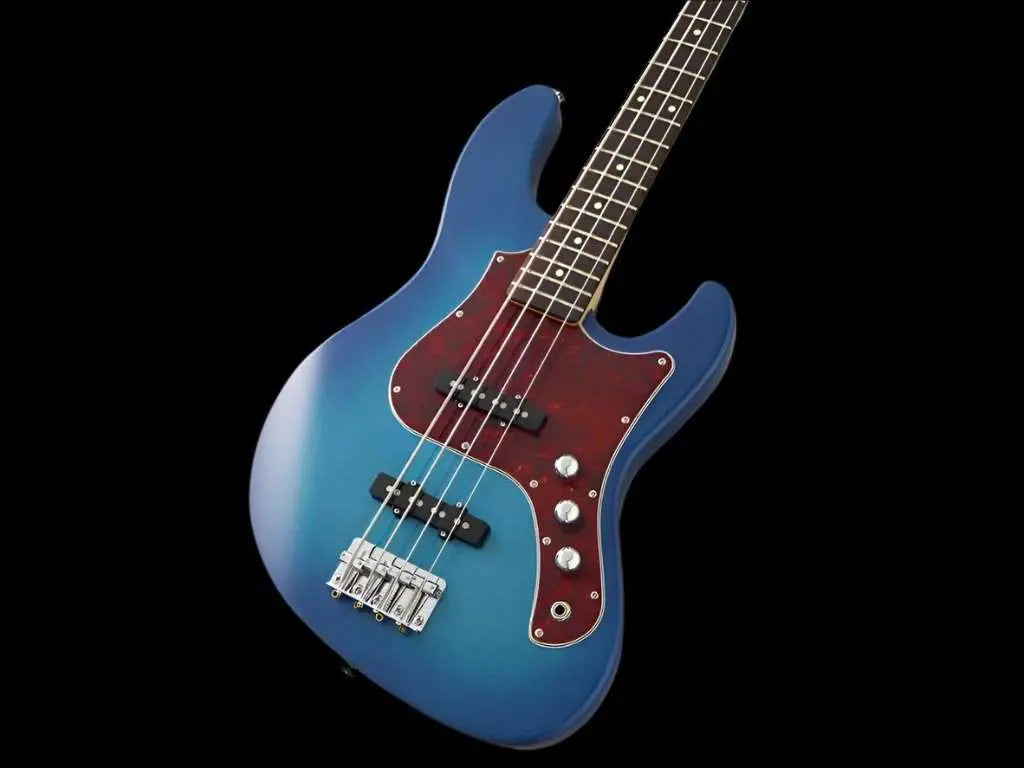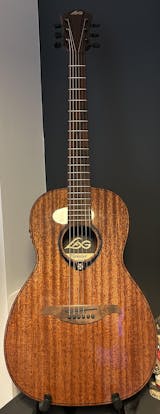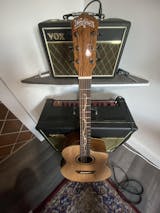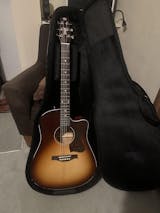Article: When Would a Bass Player Opt for a J Bass Over a P Bass & Vice Versa?
When Would a Bass Player Opt for a J Bass Over a P Bass & Vice Versa?
Both the Fender Jazz Bass (J Bass) and Precision Bass (P Bass) are iconic instruments with distinct characteristics that cater to different playing styles and musical genres. Here's a detailed comparison to help bass players decide when to choose one over the other:
Choosing a Jazz Bass (J Bass)
-
Versatile Tone
- Dual Pickups: The J Bass features two single-coil pickups (neck and bridge) that offer a wide range of tones. This versatility makes it suitable for various genres, including jazz, funk, R&B, and rock.
- Bright and Articulate: The J Bass is known for its bright, articulate sound, making it ideal for intricate bass lines and slap bass techniques.
-
Neck Profile and Playability
- Slim Neck: The J Bass has a slimmer neck profile compared to the P Bass, which many players find more comfortable and faster to play. This makes it a great choice for bassists who prefer a more agile playing style.
- Ease of Movement: The narrow neck allows for quicker hand movement, making it easier to play complex passages and fast runs.
-
Preferred Genres
- Jazz and Funk: The J Bass's clarity and punchy tone make it a favorite in jazz and funk music, where articulate and dynamic playing is essential.
- Modern Rock and Pop: Its versatile sound also fits well in modern rock and pop, providing the necessary punch and clarity to cut through the mix.
-
Playing Techniques
- Slap and Pop: The J Bass is particularly well-suited for slap and pop techniques, thanks to its responsive dynamics and bright tone.
- Fingerstyle and Pick Playing: Its versatile pickups allow for a range of tones suitable for fingerstyle and pick playing, accommodating various musical expressions.
Choosing a Precision Bass (P Bass)
-
Classic and Powerful Tone
- Split-Coil Pickup: The P Bass features a split-coil pickup that produces a thick, punchy, and well-defined tone. This distinctive sound is particularly favored in rock, punk, and blues music.
- Deep and Warm: The P Bass delivers a deep, warm sound that provides a solid foundation in any mix, making it a go-to for many bassists.
-
Simplicity and Reliability
- Straightforward Controls: With typically just one volume and one tone knob, the P Bass is easy to use, allowing players to focus more on their playing rather than adjusting controls.
- Consistent Performance: The P Bass offers reliable and consistent performance, making it a dependable choice for live performances and studio recordings.
-
Neck Profile and Playability
- Wider Neck: The P Bass has a wider neck profile, which some players find more comfortable for playing steady, rhythmic lines. It provides a solid feel that many bassists appreciate.
- Ergonomic Body: The contoured body of the P Bass fits comfortably against the player's body, reducing fatigue during long playing sessions.
-
Preferred Genres
- Rock and Punk: The P Bass’s powerful and punchy tone is a staple in rock and punk music, where a strong, driving bass line is essential.
- Blues and Motown: Its warm, deep sound is also well-suited for blues and Motown, providing a rich, soulful foundation.
-
Playing Techniques
- Fingerstyle and Pick Playing: The P Bass excels in both fingerstyle and pick playing, offering a robust tone that supports various playing styles.
- Simpler Techniques: Its straightforward design and reliable tone make it ideal for bassists who prefer a more traditional approach to playing.
Conclusion
Choosing between a J Bass and a P Bass depends on the player’s preferred genre, playing style, and desired tone. Here’s a quick summary to help make the decision:
-
Choose a Jazz Bass (J Bass) if:
- You need a versatile instrument with a wide range of tones.
- You play genres like jazz, funk, R&B, or modern rock.
- You prefer a slimmer neck for fast, intricate playing.
- You frequently use slap and pop techniques.
-
Choose a Precision Bass (P Bass) if:
- You want a powerful, punchy, and consistent tone.
- You play genres like rock, punk, blues, or Motown.
- You prefer a wider neck for a solid, rhythmic playing style.
- You value simplicity and reliability in your instrument.
Both basses have their unique strengths, and many bassists find value in owning both to cover a broader range of musical needs. Ultimately, the choice comes down to personal preference and the specific requirements of the music you play.

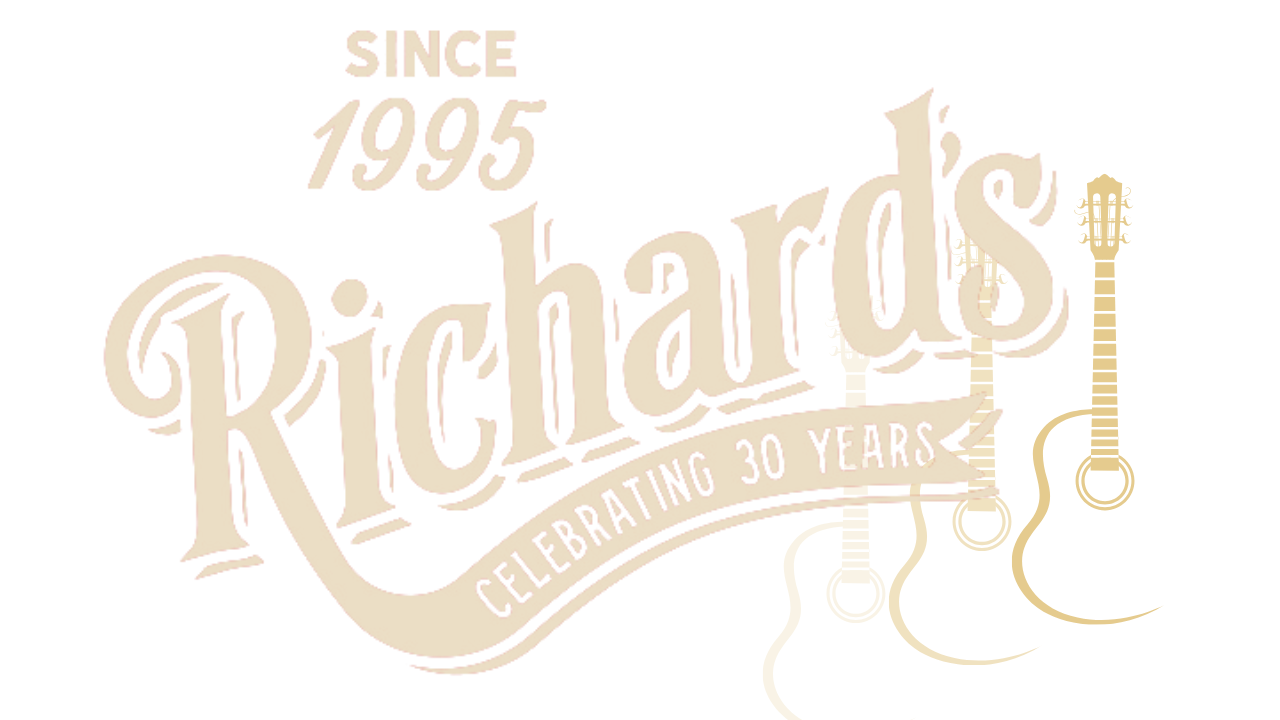


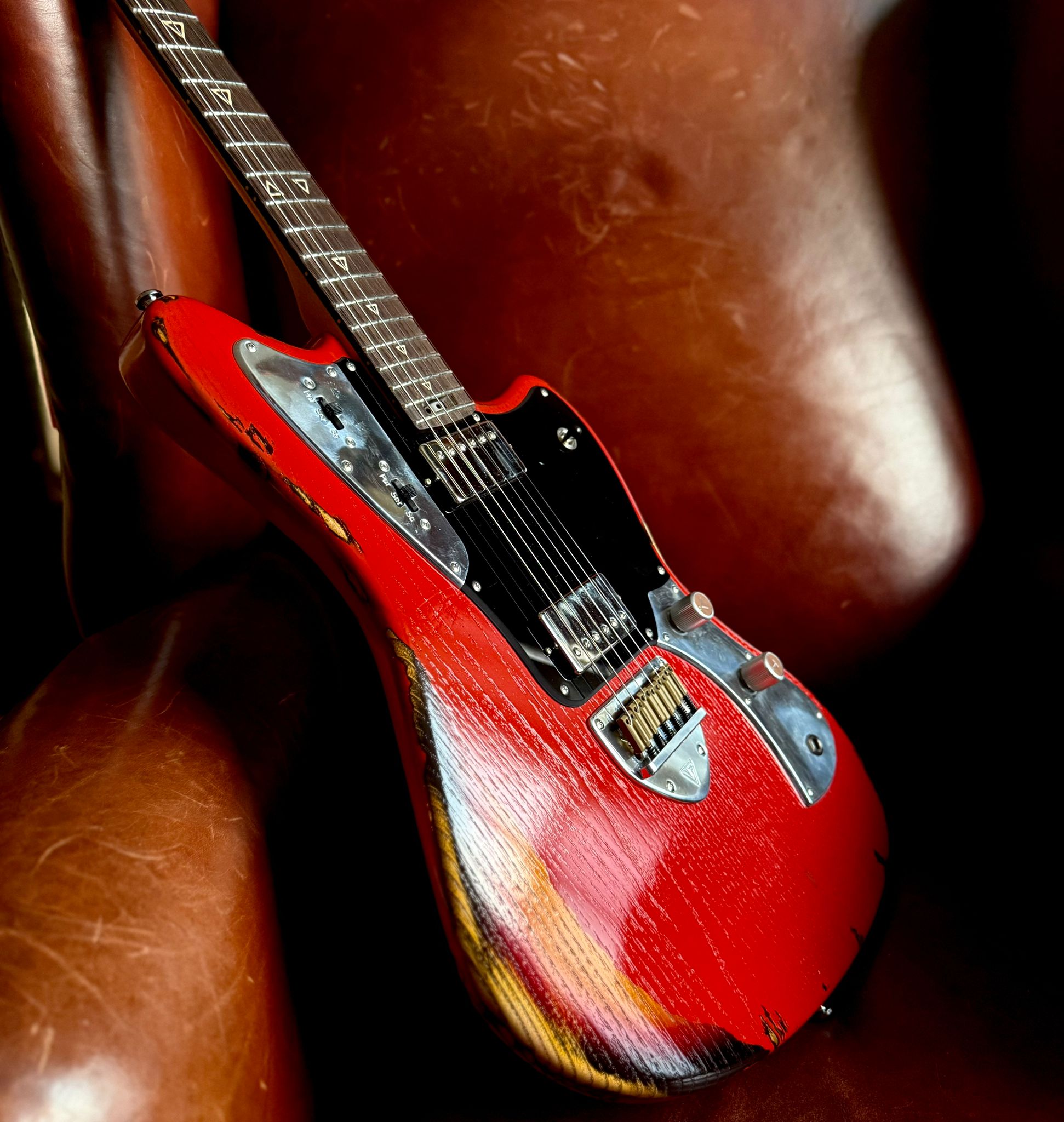
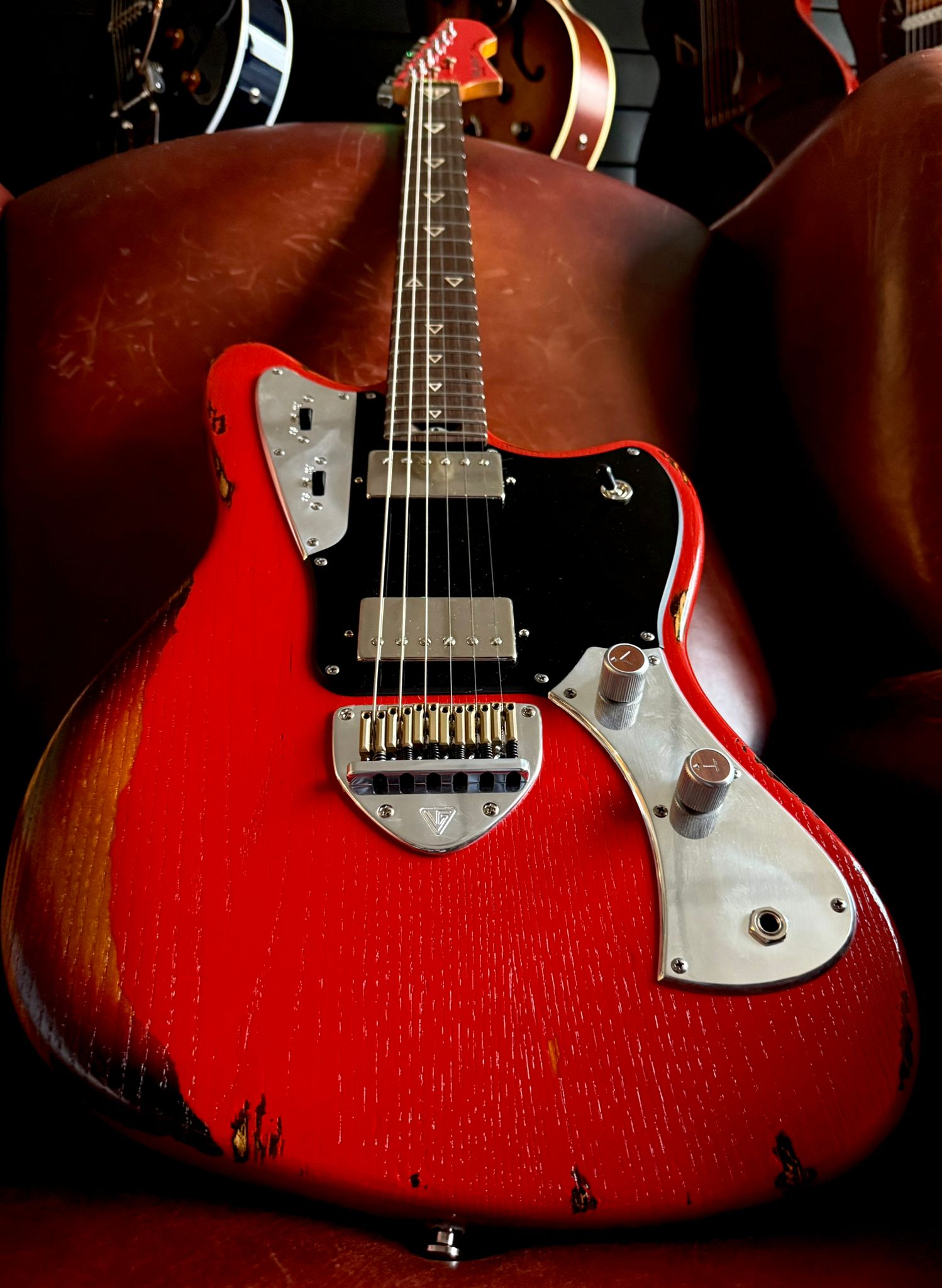
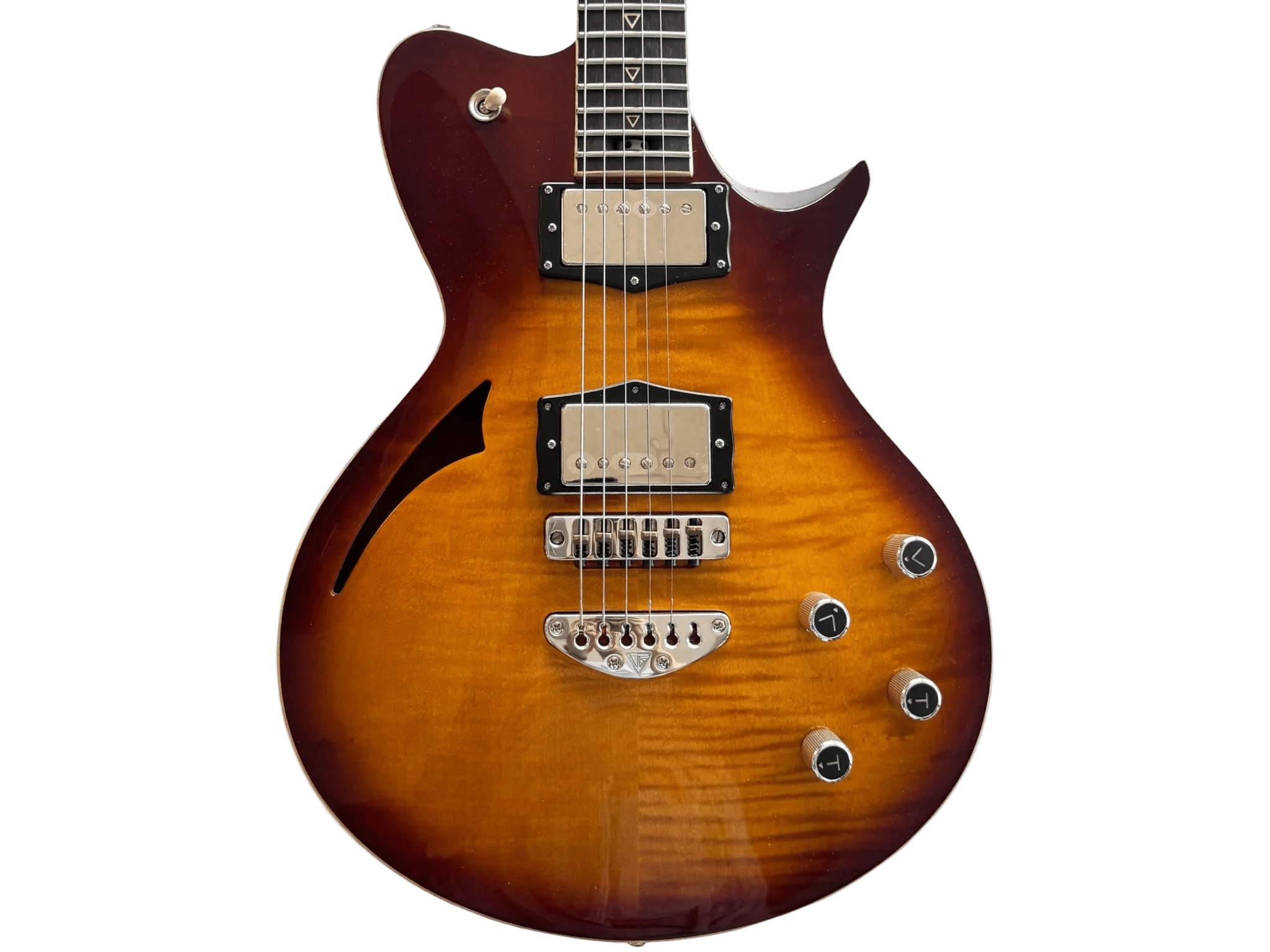
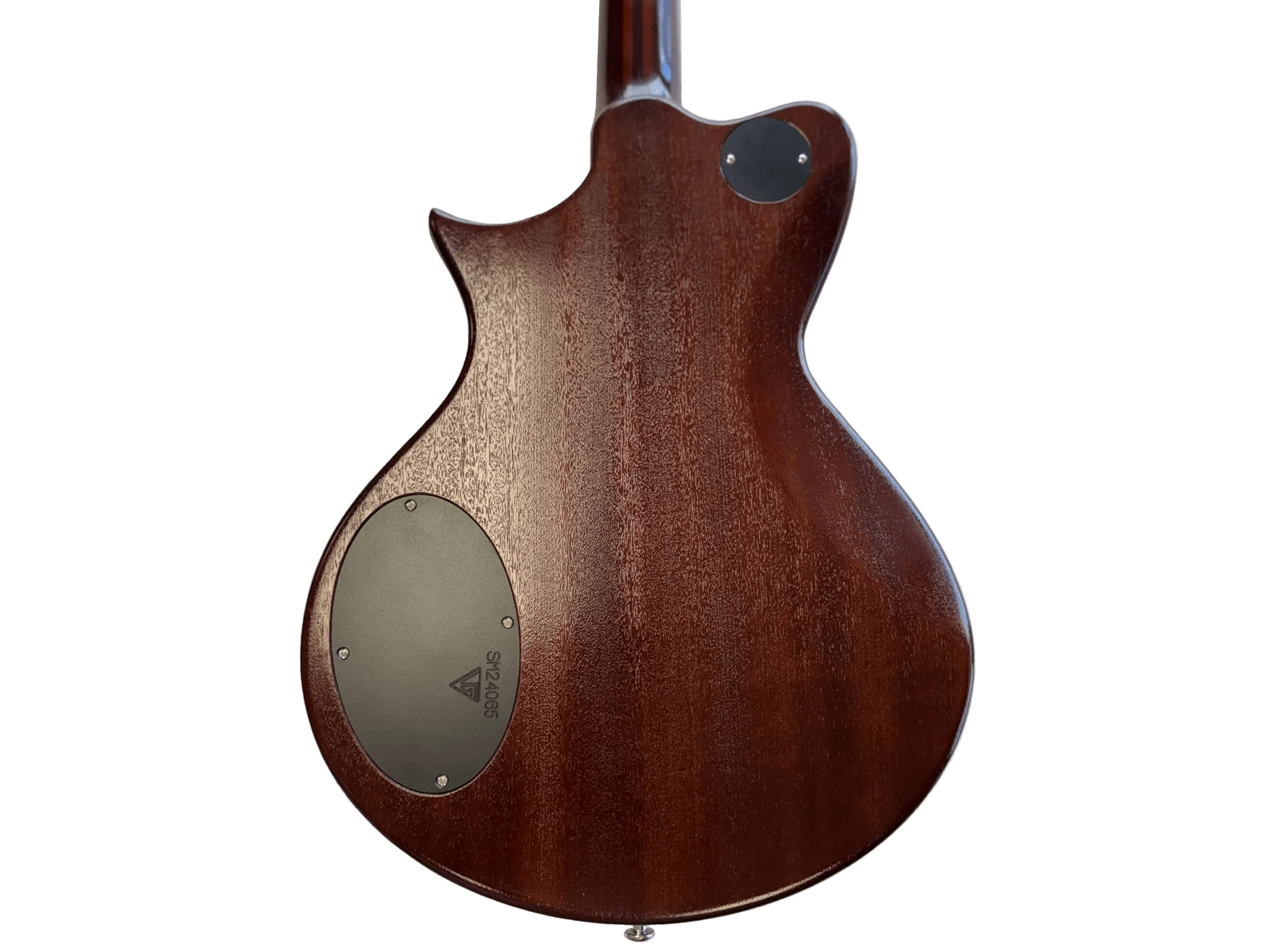
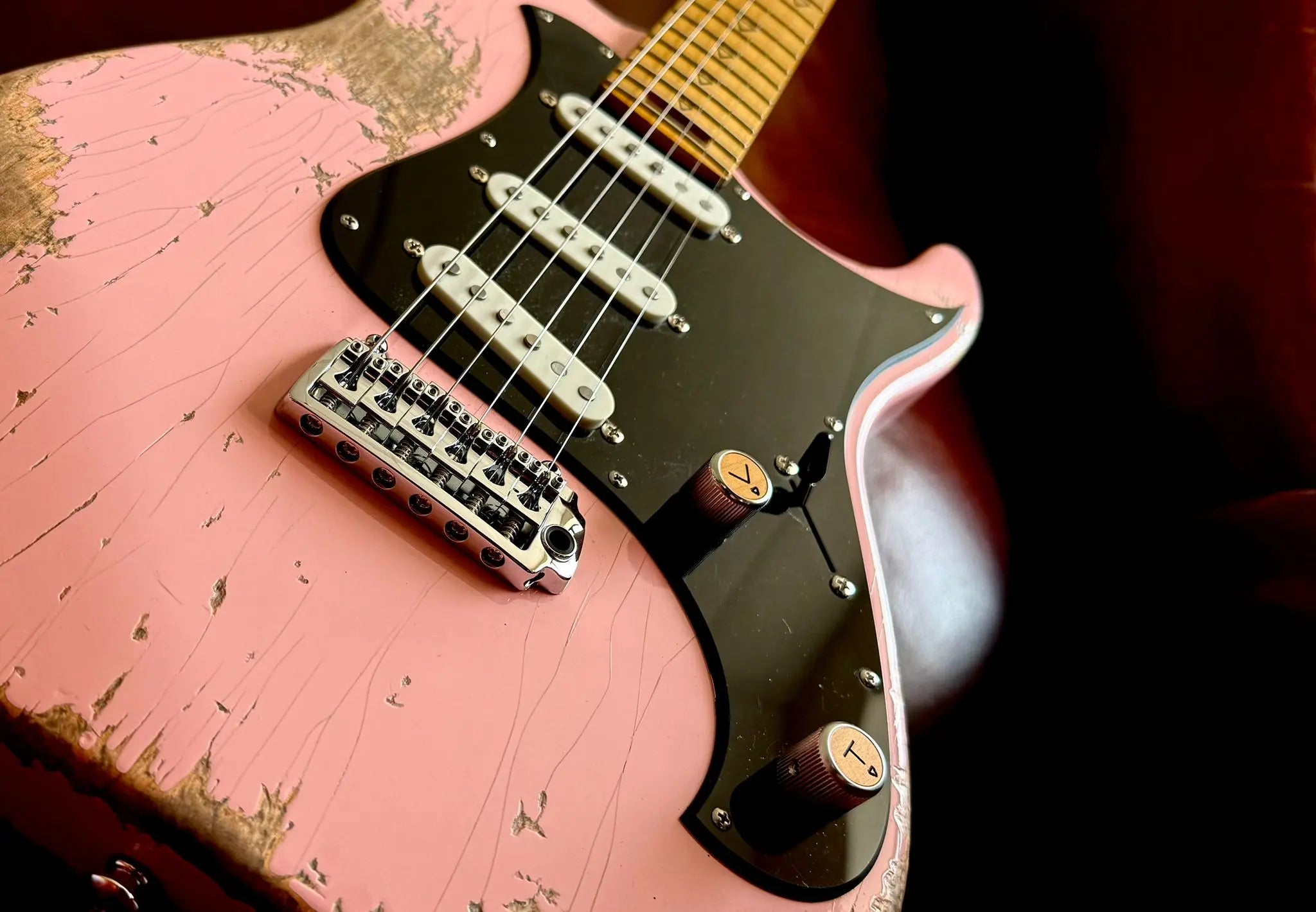
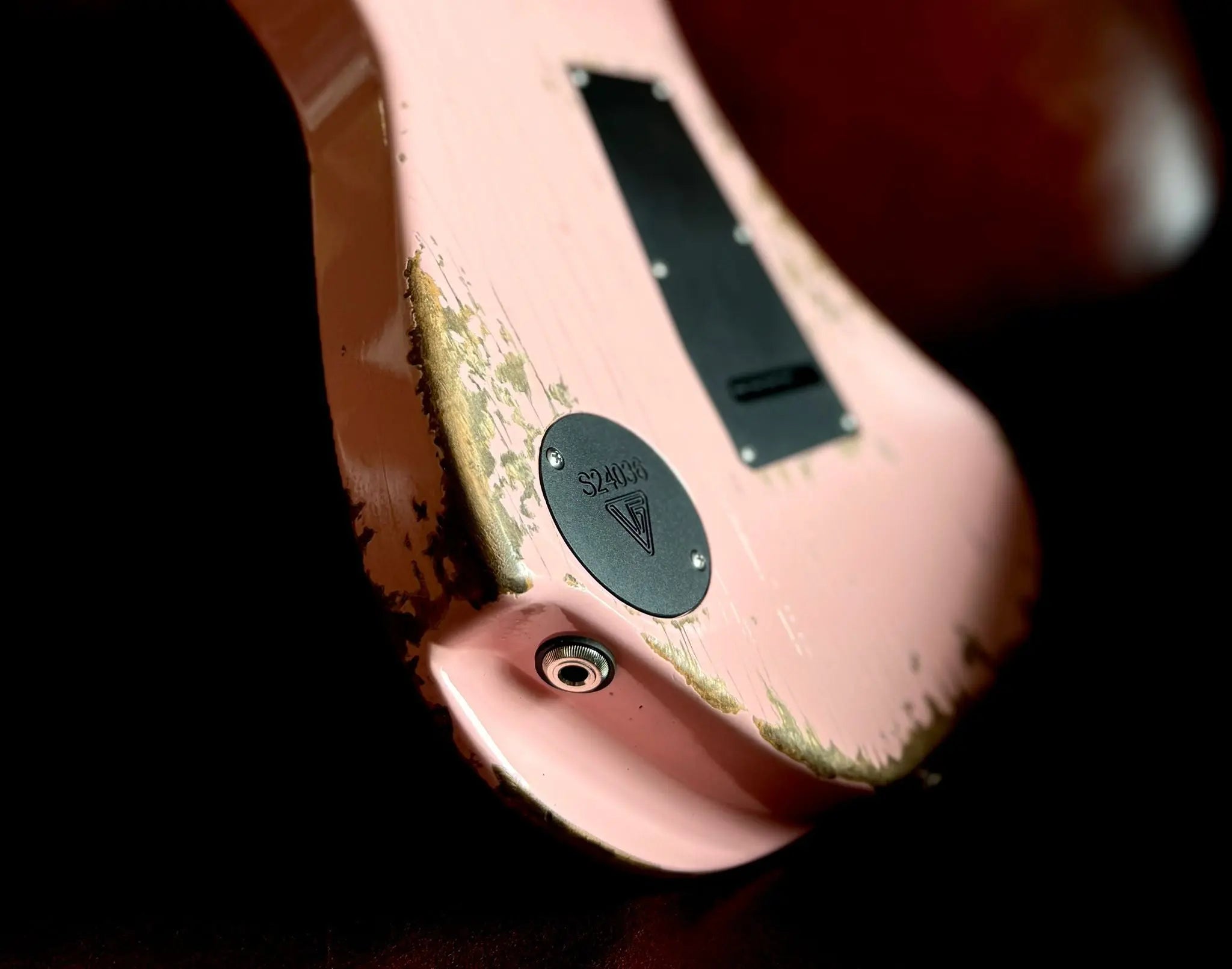




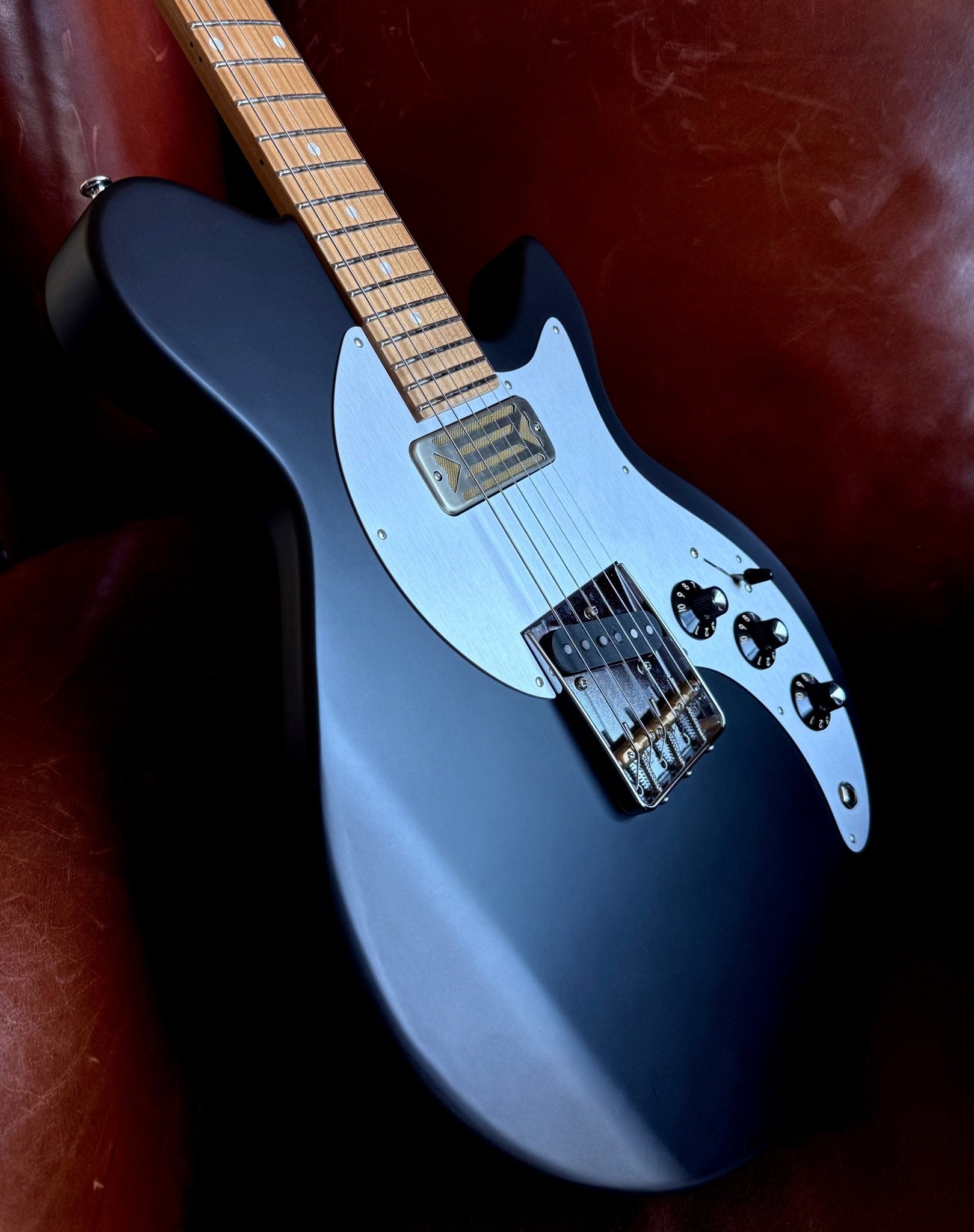
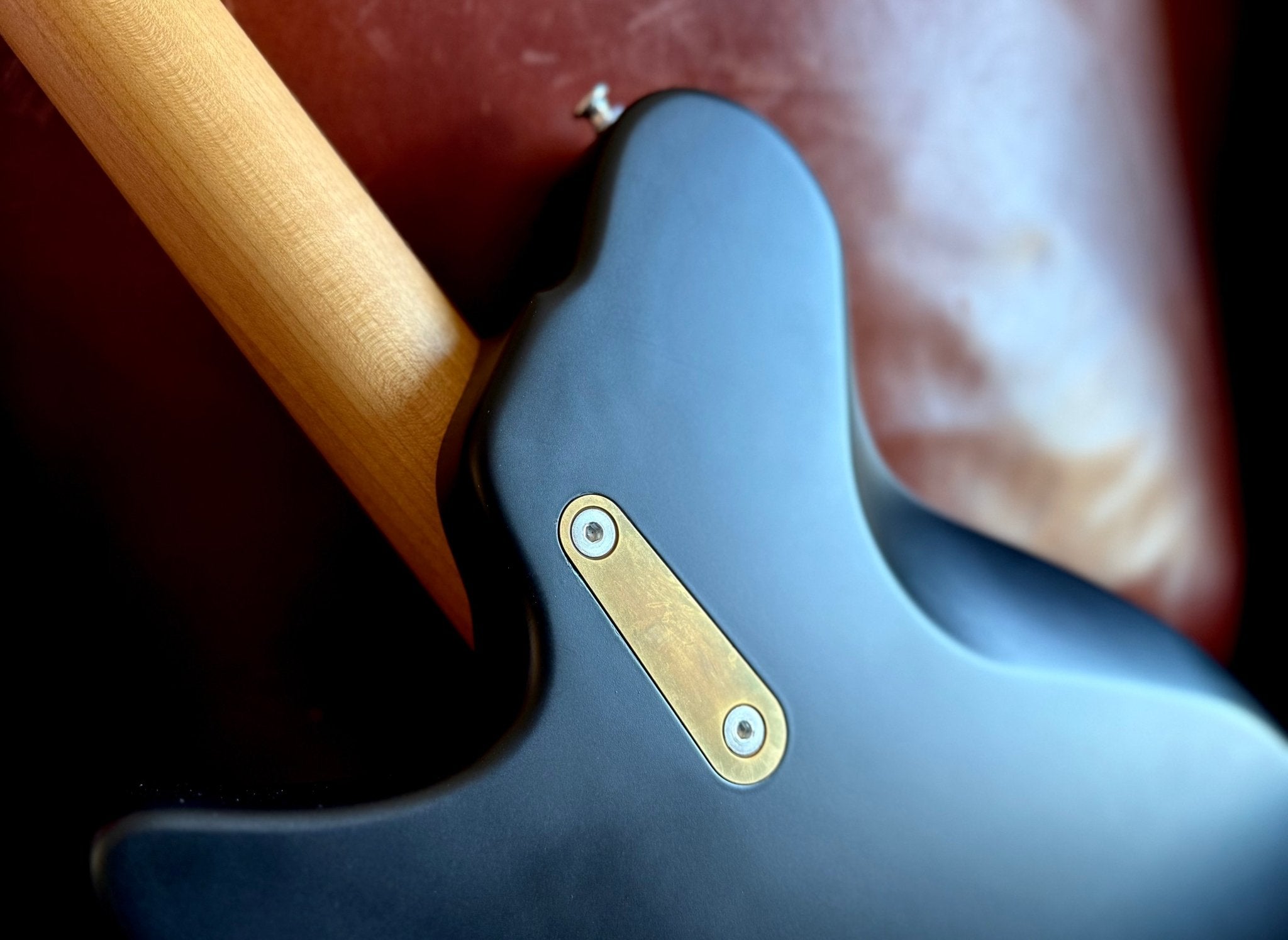
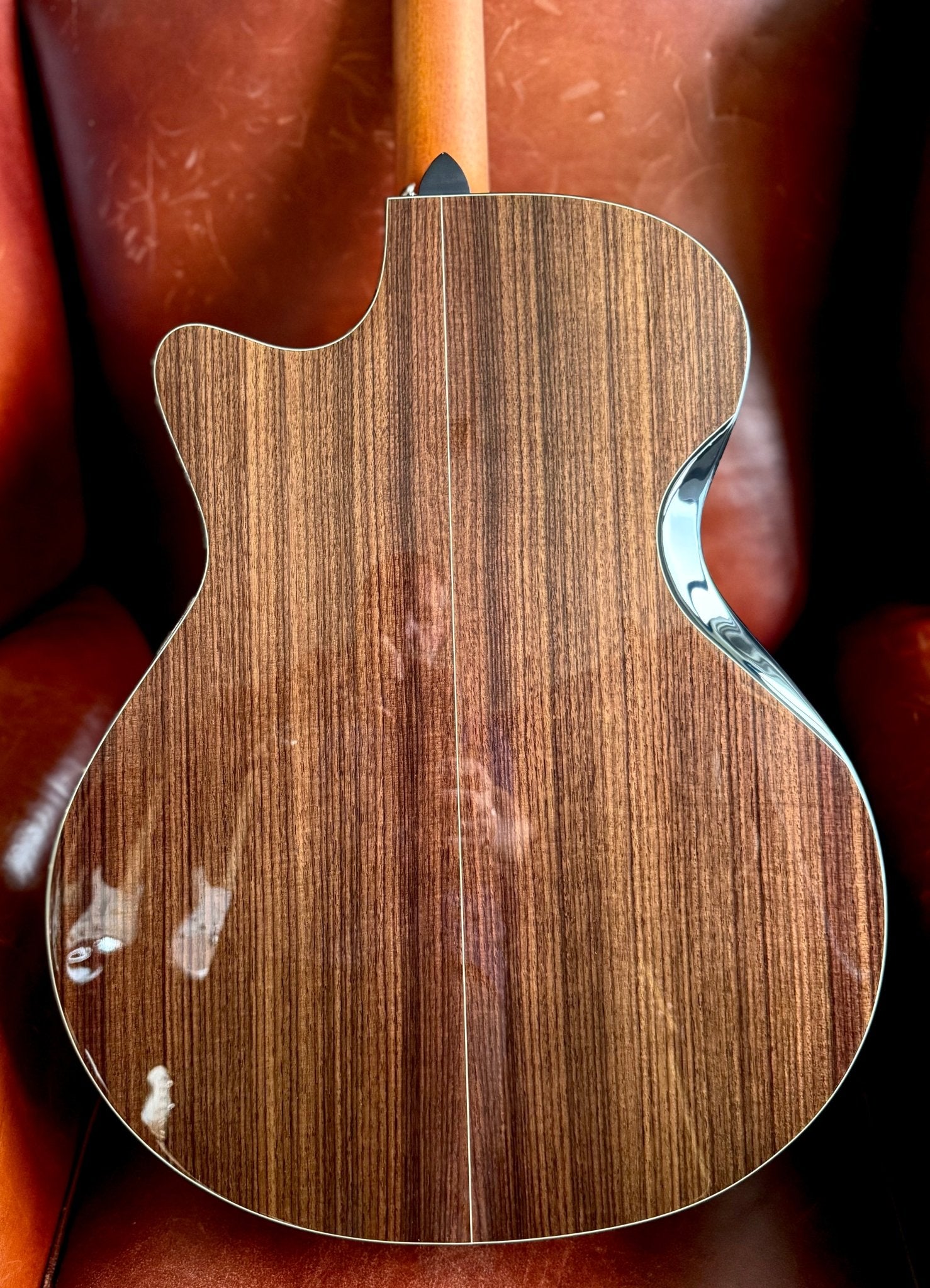
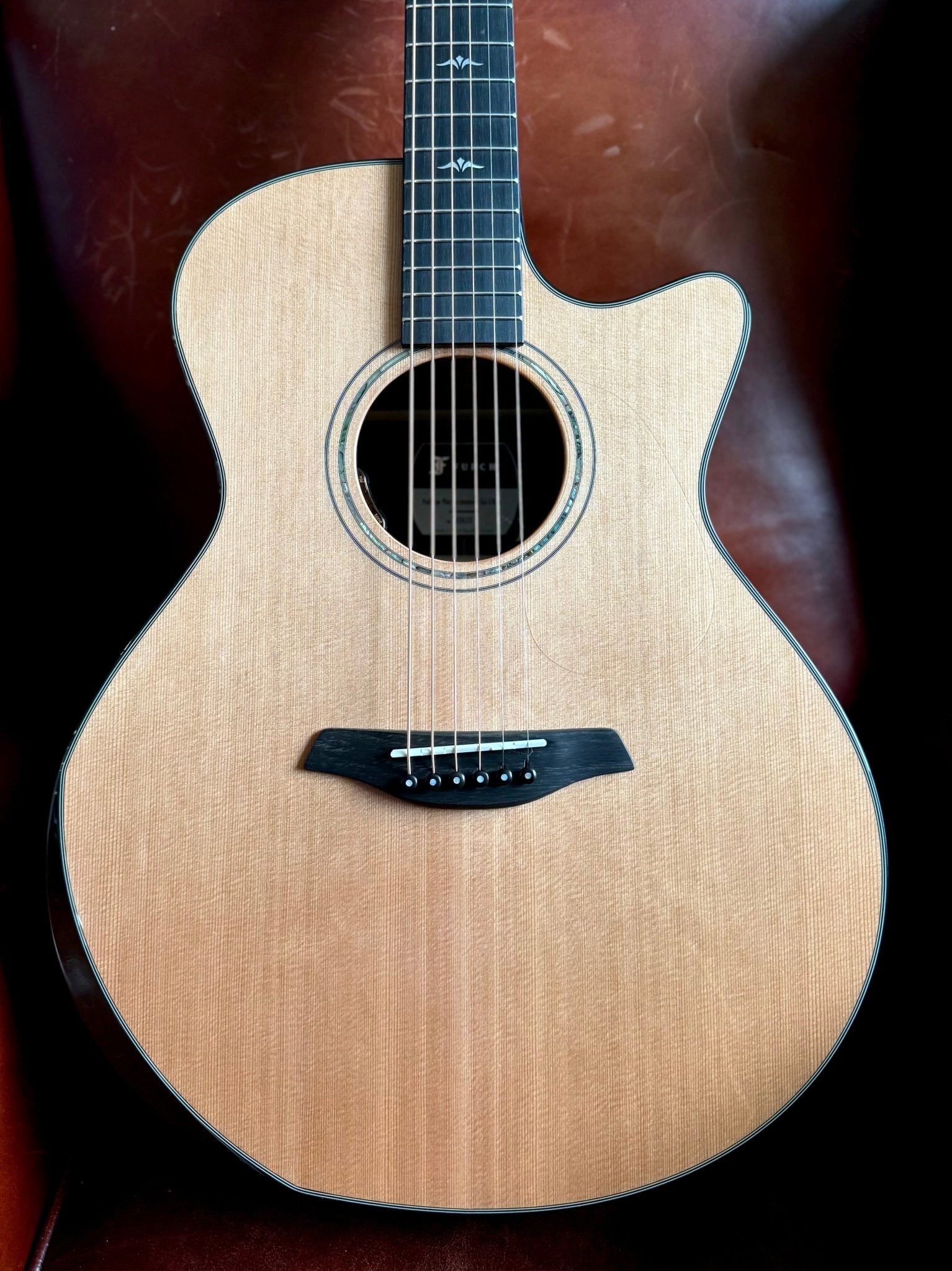
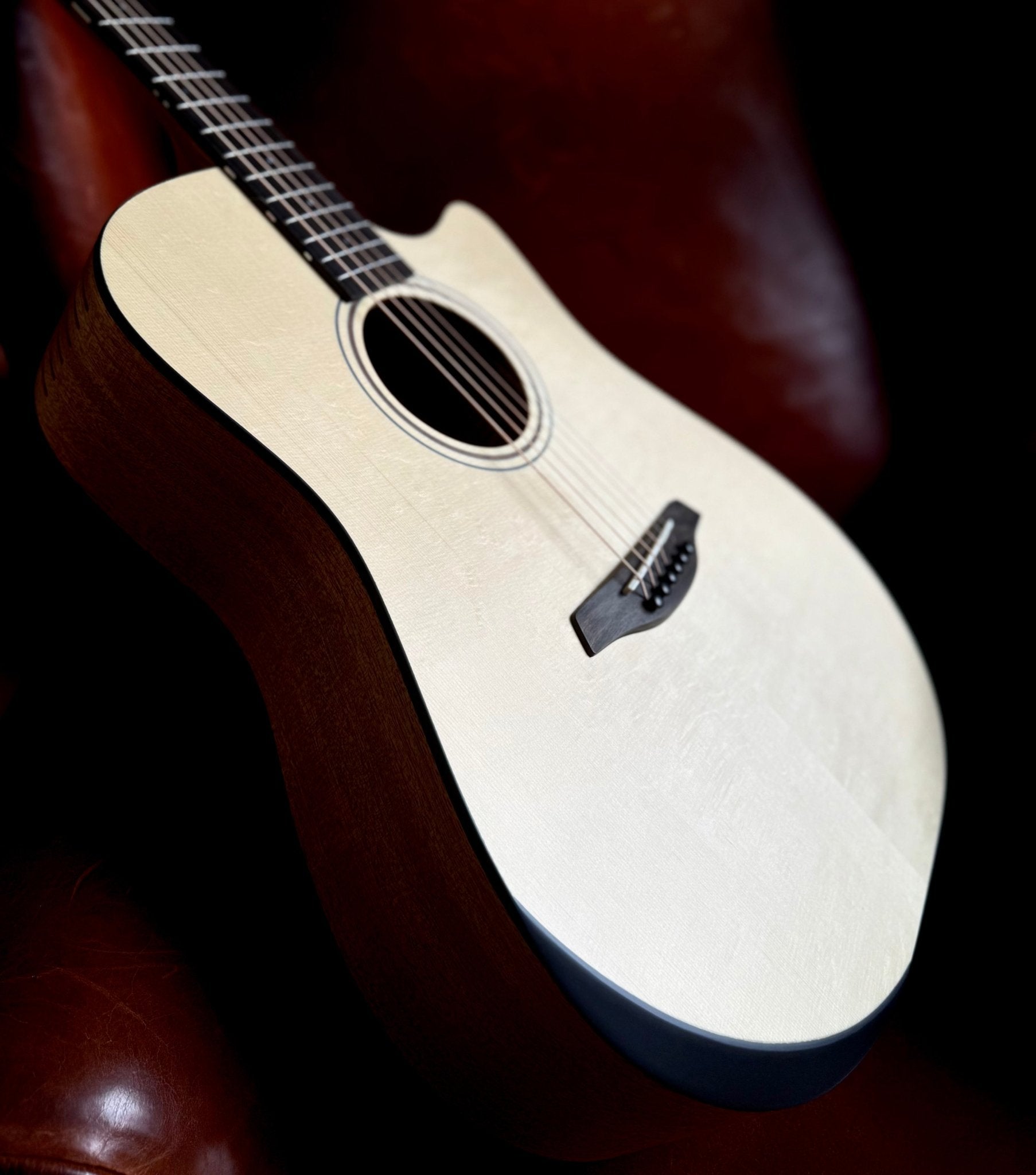
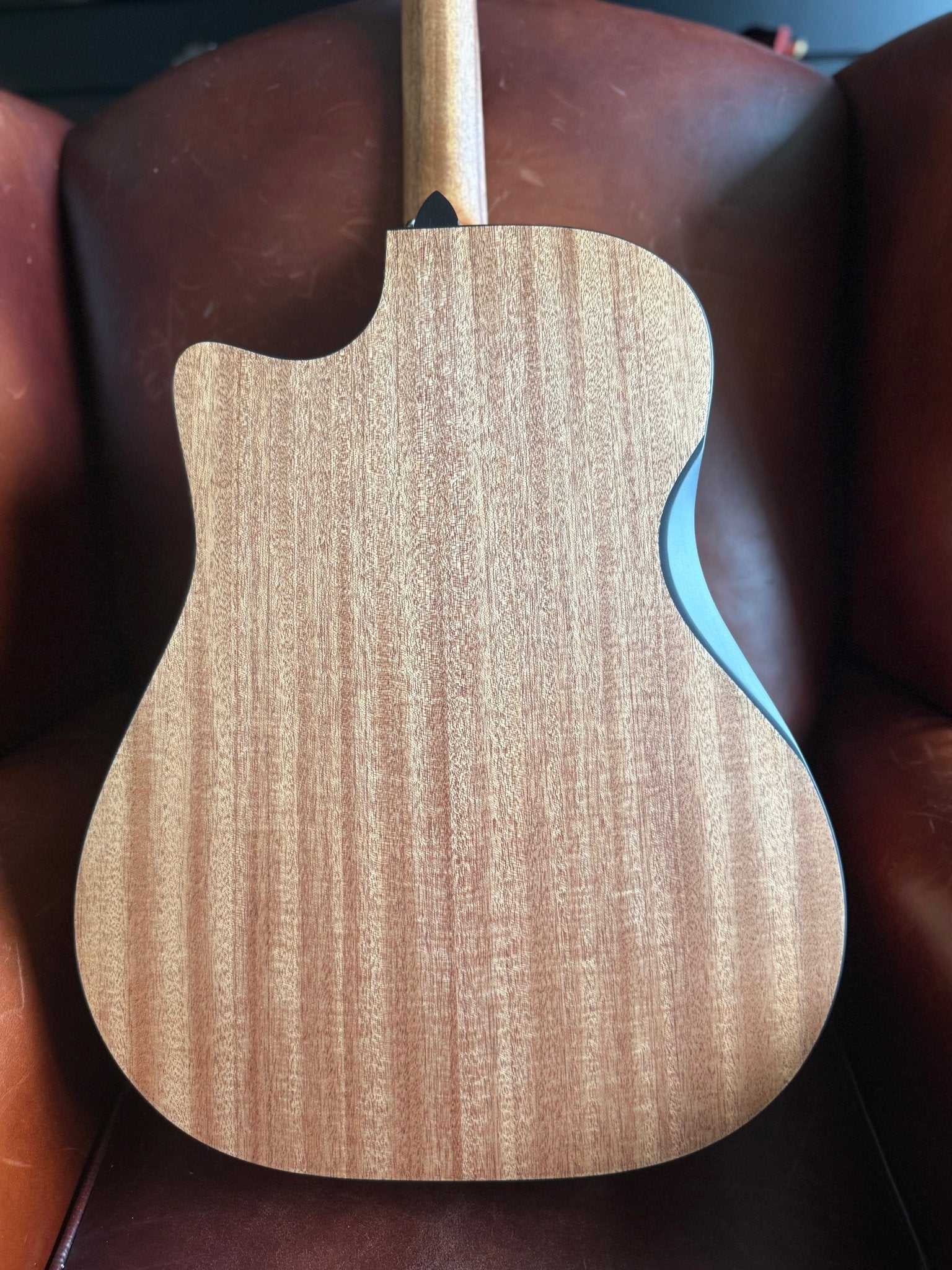
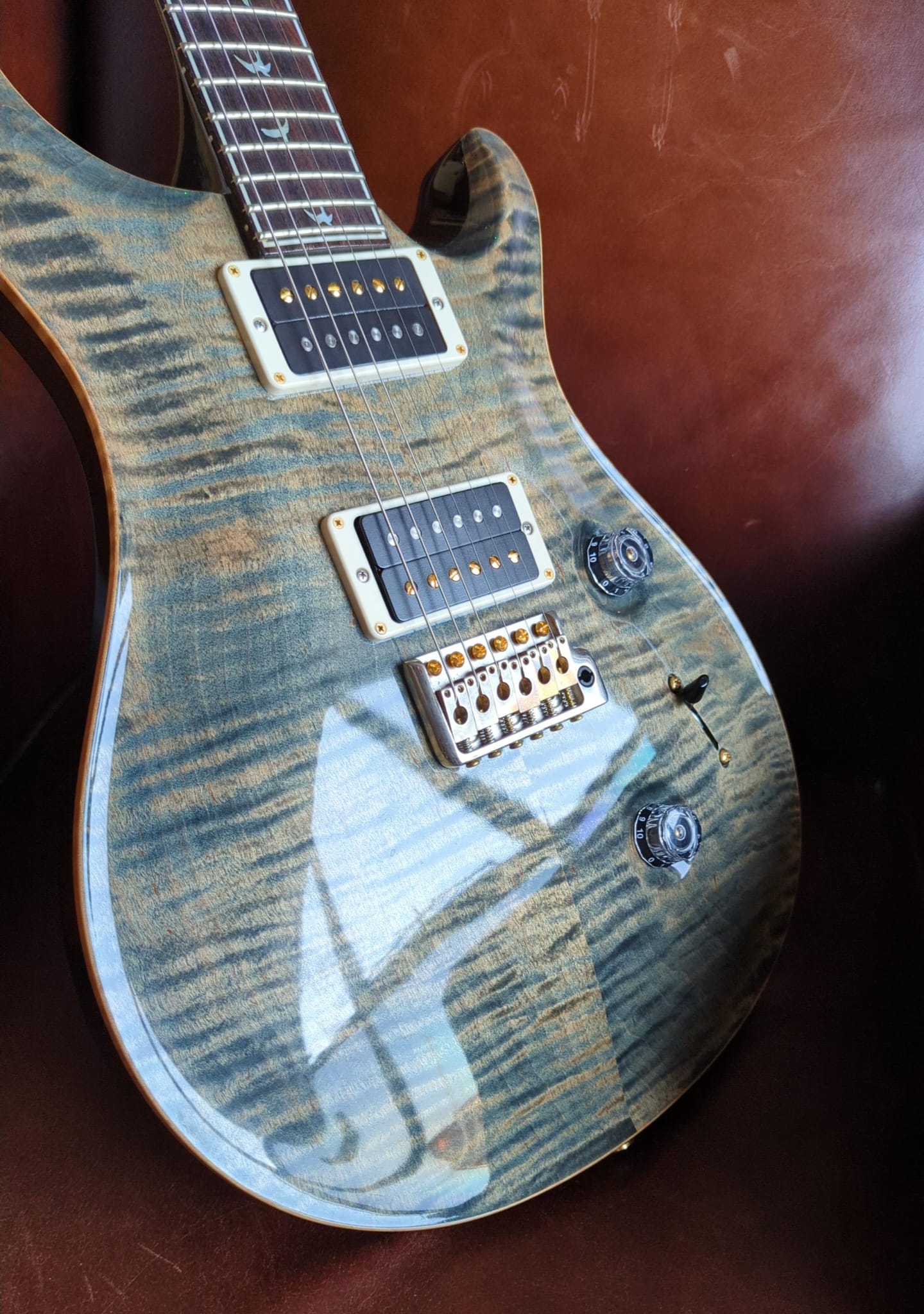
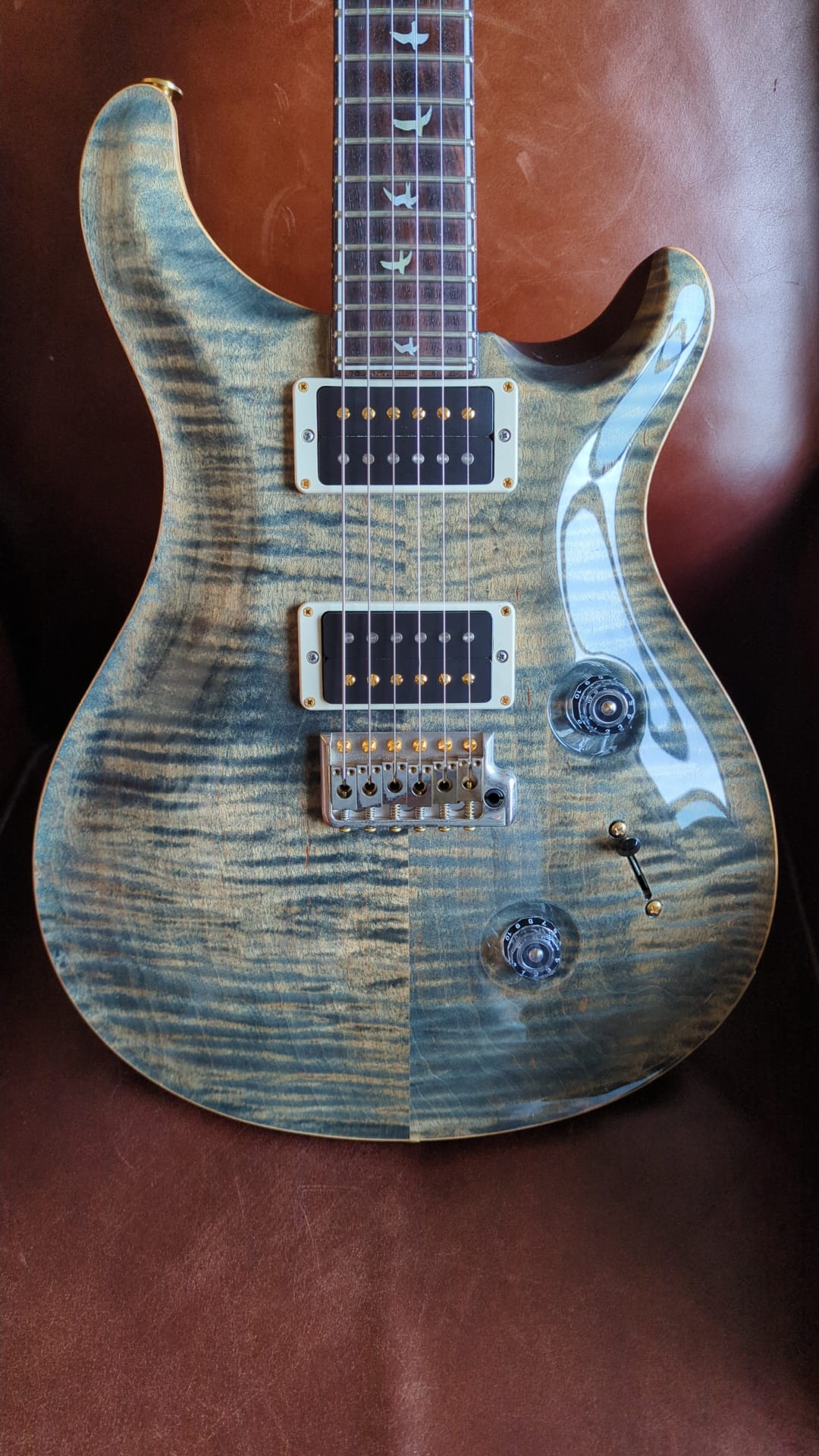
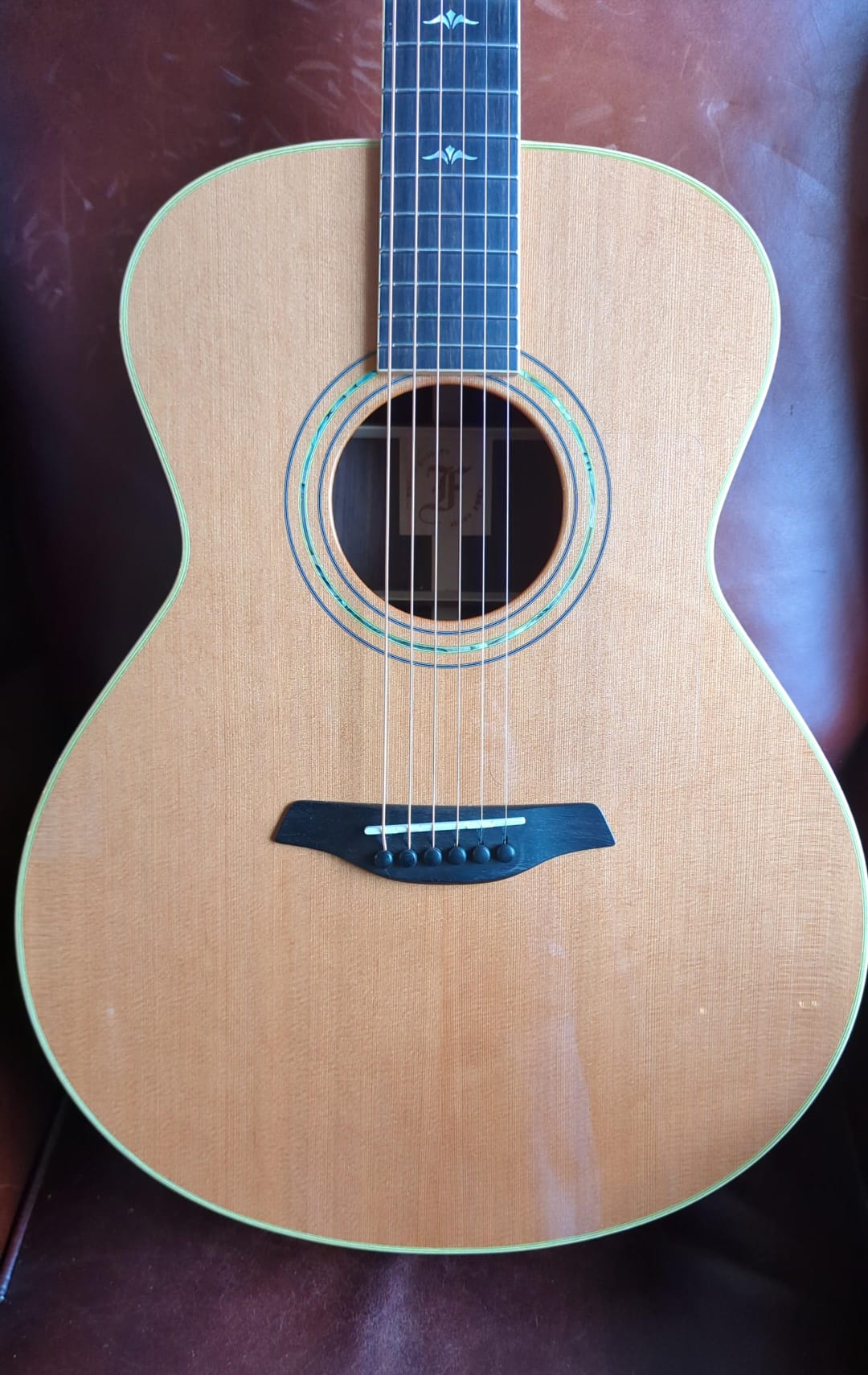
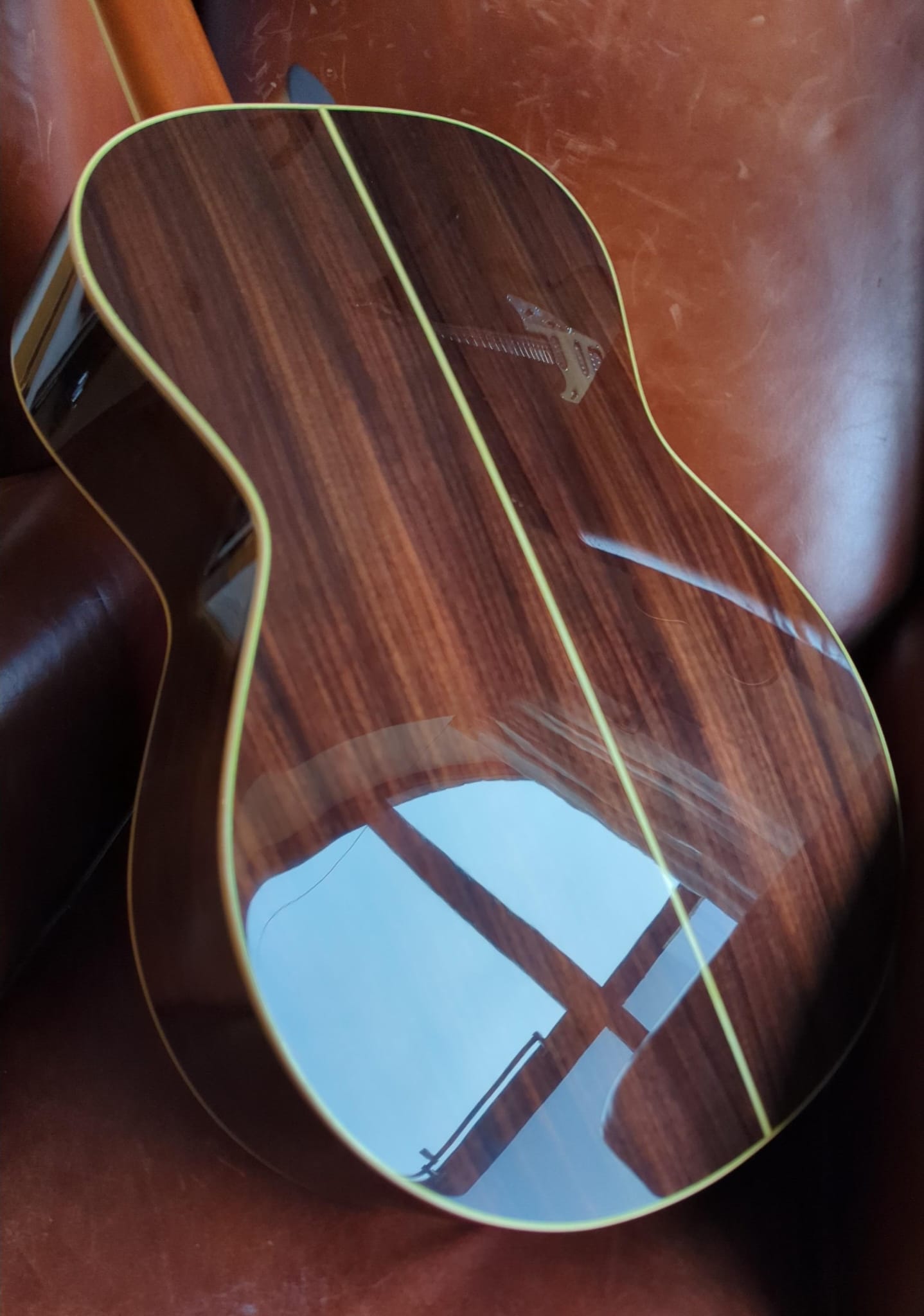
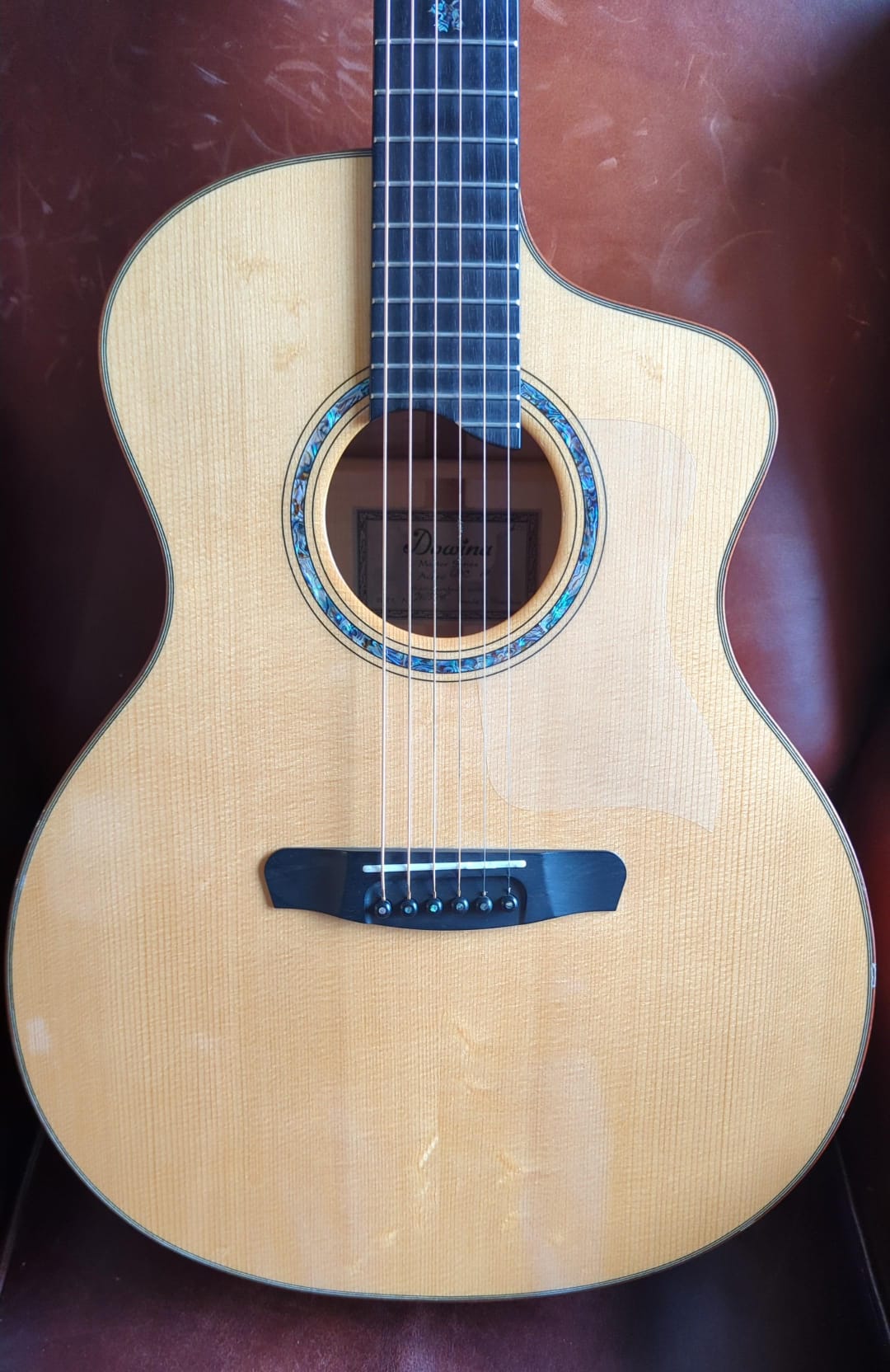
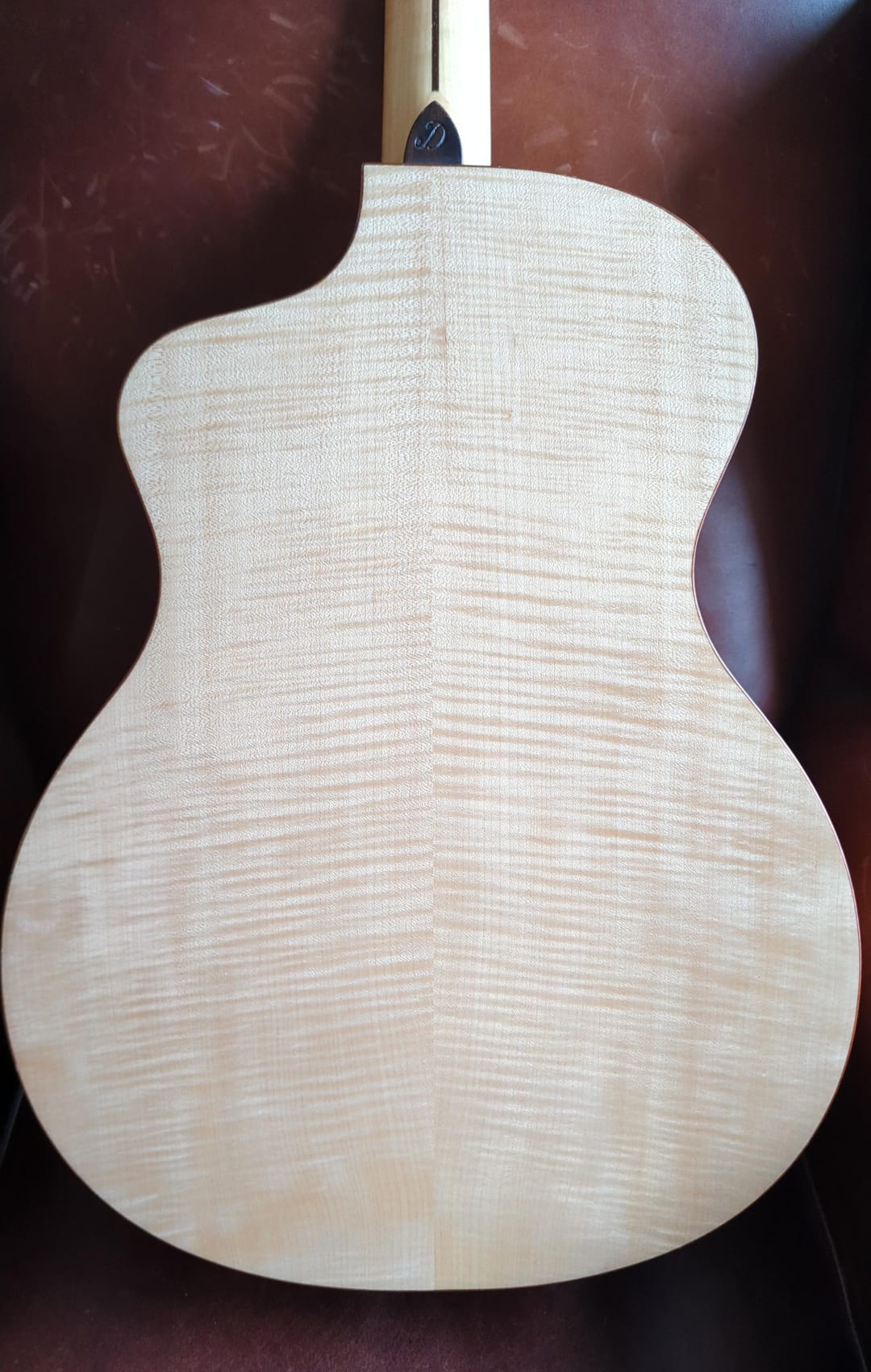
![Gordon Smith GS2 Deluxe Export 2019 [used] A1 Condition - Richards Guitars Of Stratford Upon Avon](http://rguitars.co.uk/cdn/shop/files/gordon-smith-gs2-deluxe-export-2019-used-a1-condition-4323398.jpg?v=1766153718&width=1072)
![Gordon Smith GS2 Deluxe Export 2019 [used] A1 Condition - Richards Guitars Of Stratford Upon Avon](http://rguitars.co.uk/cdn/shop/files/gordon-smith-gs2-deluxe-export-2019-used-a1-condition-9502671.jpg?v=1766153718&width=899)
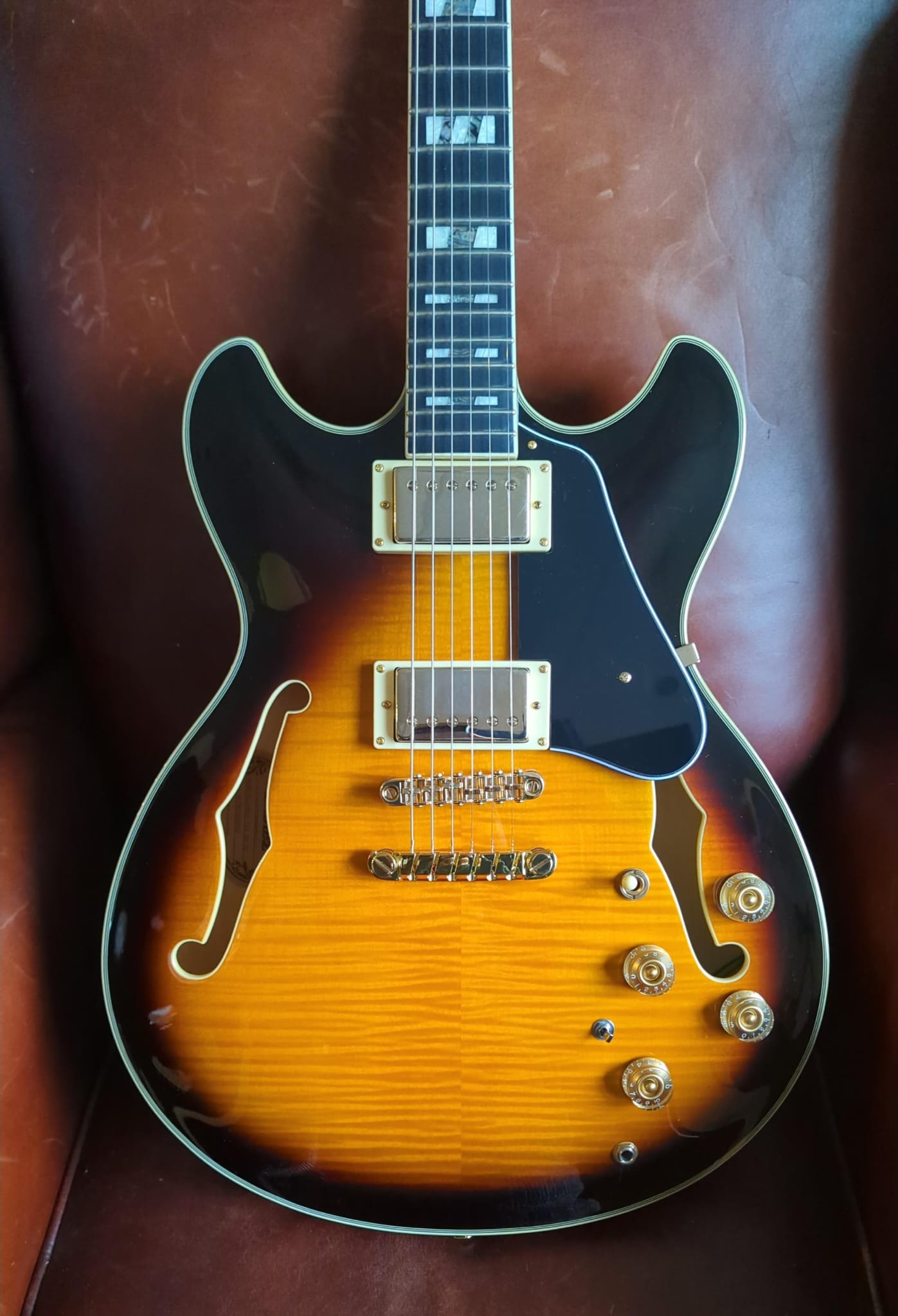
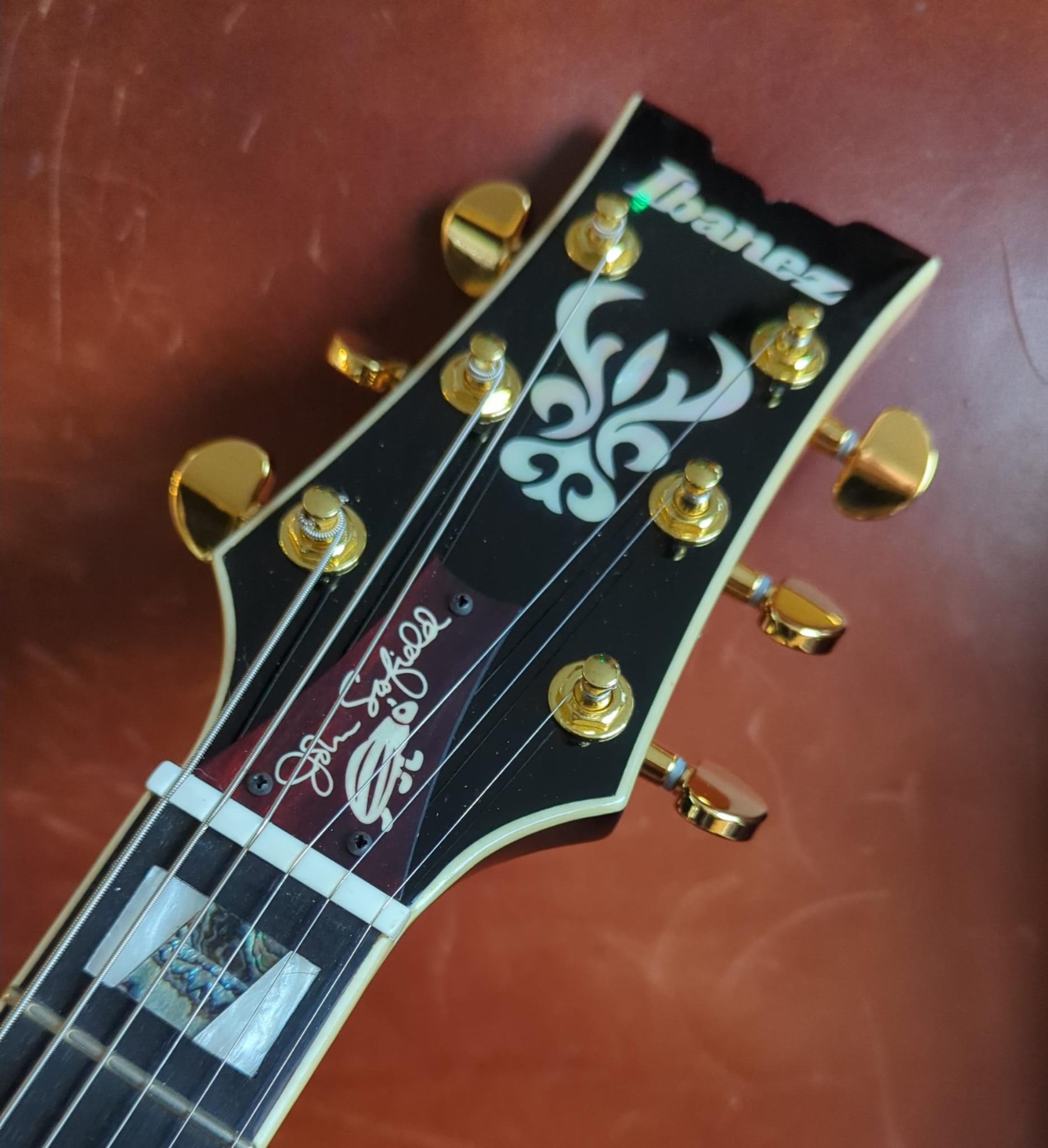
![G&L USA Made ASAT - late 80s/early 90s [Used] - Richards Guitars Of Stratford Upon Avon](http://rguitars.co.uk/cdn/shop/files/gl-usa-made-asat-late-80searly-90s-used-1091932.jpg?v=1761670676&width=1378)
![G&L USA Made ASAT - late 80s/early 90s [Used] - Richards Guitars Of Stratford Upon Avon](http://rguitars.co.uk/cdn/shop/files/gl-usa-made-asat-late-80searly-90s-used-7964817.jpg?v=1761670677&width=1828)
![Eastman AC630 - SB [Used] - Richards Guitars Of Stratford Upon Avon](http://rguitars.co.uk/cdn/shop/files/eastman-ac630-sb-used-5743157.jpg?v=1760421581&width=1080)
![Eastman AC630 - SB [Used] - Richards Guitars Of Stratford Upon Avon](http://rguitars.co.uk/cdn/shop/files/eastman-ac630-sb-used-2967411.jpg?v=1760421593&width=1569)
![Fender American Professional II Jazzmaster - Dark Night [Used] guitar for sale uk](http://rguitars.co.uk/cdn/shop/files/fender-american-professional-ii-jazzmaster-dark-night-used-6840250.jpg?v=1760421430&width=1602)
![Fender American Professional II Jazzmaster - Dark Night [Used] guitar for sale uk](http://rguitars.co.uk/cdn/shop/files/fender-american-professional-ii-jazzmaster-dark-night-used-4375294.jpg?v=1760421432&width=1476)
![Guild Brian May "Red Special" Limited Edition - early 90s - One of 1000 [Used] guitar for sale uk](http://rguitars.co.uk/cdn/shop/files/guild-brian-may-red-special-limited-edition-early-90s-one-of-1000-used-6139630.jpg?v=1760421357&width=1492)
![Guild Brian May "Red Special" Limited Edition - early 90s - One of 1000 [Used] guitar for sale uk](http://rguitars.co.uk/cdn/shop/files/guild-brian-may-red-special-limited-edition-early-90s-one-of-1000-used-9797150.jpg?v=1760421365&width=1644)
